Under-the-Radar Superfoods for Optimal Cholesterol Management
When it comes to cholesterol, most advice fixates on what to avoid. But the real secret? It’s also about what you add. Beyond the usual suspects like oats and olive oil lies a whole world of lesser-known superfoods quietly working behind the scenes to support heart health. That’s why we’ve expanded our guide to 38 Under-the-Radar Superfoods for Optimal Cholesterol Management—a fresher, smarter take on eating for wellness without falling into routine. These overlooked ingredients are rich in fiber, plant sterols, and bioactive compounds that help lower LDL, boost HDL, and calm inflammation naturally. But this isn’t a list of sad substitutions—it’s full of flavorful, functional foods that energize your meals and actually taste good. Whether you’re new to managing cholesterol or refining what already works, these hidden gems offer big impact in small, delicious doses. Ready to upgrade your plate—and your numbers? Let’s dive in.
1. Understanding Cholesterol: The Basics

Before diving into the world of superfoods, it's essential to understand what cholesterol is and why it matters. Cholesterol is a waxy substance found in your blood, necessary for building healthy cells. However, high levels of cholesterol can increase the risk of heart disease. It's crucial to differentiate between good (HDL) and bad (LDL) cholesterol, as maintaining a balance between them is vital for heart health. While LDL is known for its role in clogging arteries, HDL helps remove cholesterol from the bloodstream.
2. The Role of Diet in Cholesterol Management

Diet plays a pivotal role in managing cholesterol levels. Consuming foods rich in saturated fats and trans fats can elevate LDL cholesterol, while those high in fiber and healthy fats can enhance HDL cholesterol. By understanding the relationship between diet and cholesterol, you can make informed decisions that support your wellbeing. This knowledge sets the stage for exploring the specific superfoods that can aid in cholesterol management, offering a natural and effective approach to maintaining heart health.
3. The Power of Plant Sterols: Nature’s Cholesterol Blockers

Plant sterols are naturally occurring substances found in small amounts in many plant-based foods. They have a structure similar to cholesterol and can help block the absorption of cholesterol in the intestines, effectively lowering LDL cholesterol levels. By incorporating foods rich in such nutrients into your diet, you can harness the power of plant sterols to support your cholesterol management efforts naturally.
4. The Unsung Hero: The Benefits of Fenugreek
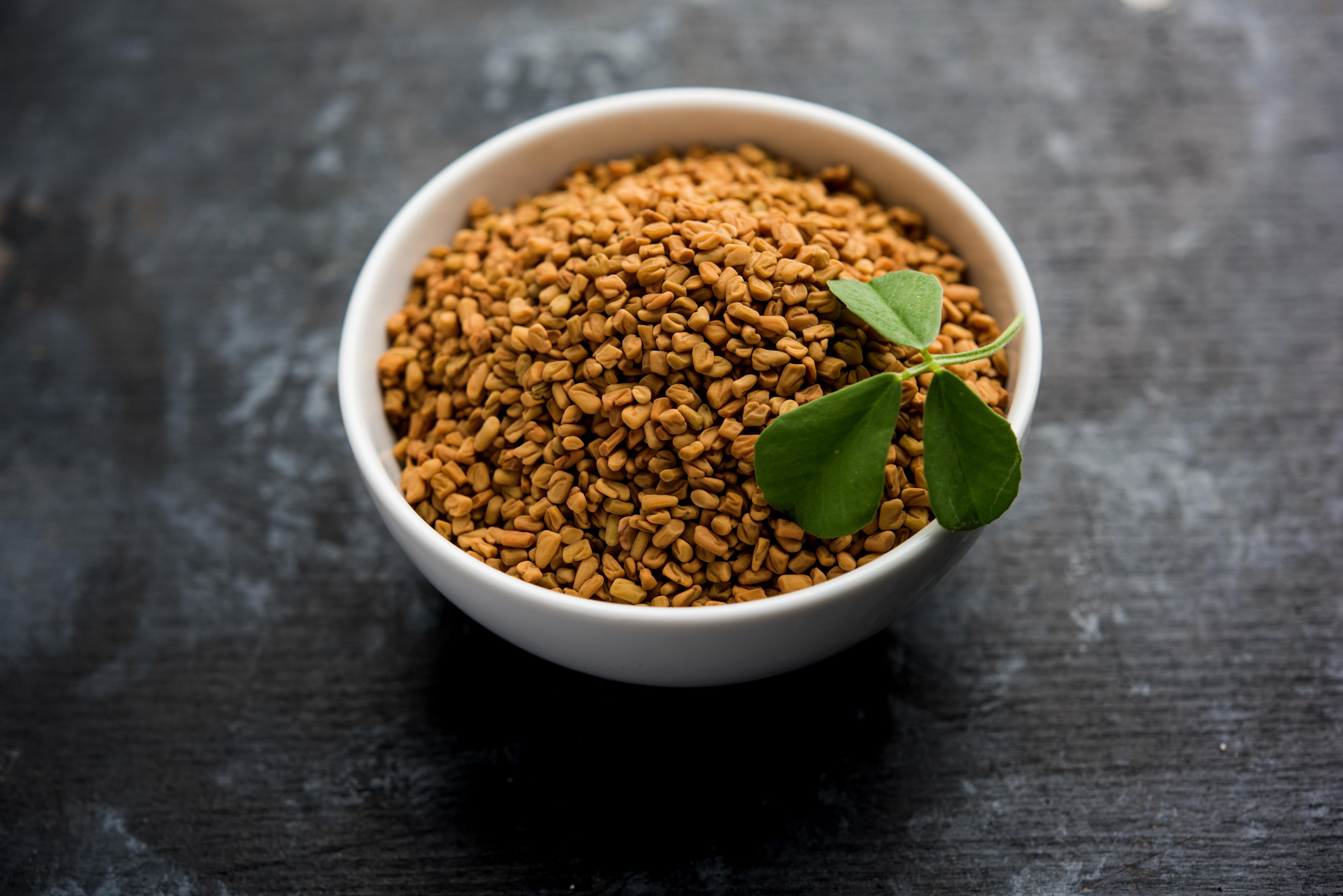
Fenugreek, a lesser-known spice, has been used traditionally for its medicinal properties. Recent studies have shown that fenugreek can significantly reduce cholesterol levels due to its high fiber content and presence of saponins, which help lower LDL cholesterol. These saponins work by reducing the absorption of cholesterol in the intestines, effectively lowering levels of LDL—or "bad"—cholesterol in the bloodstream. By incorporating fenugreek into your diet, whether through seeds, powder, or supplements, you may support better cardiovascular health in a natural and accessible way.
5. Seaweed: The Ocean’s Gift to Heart Health
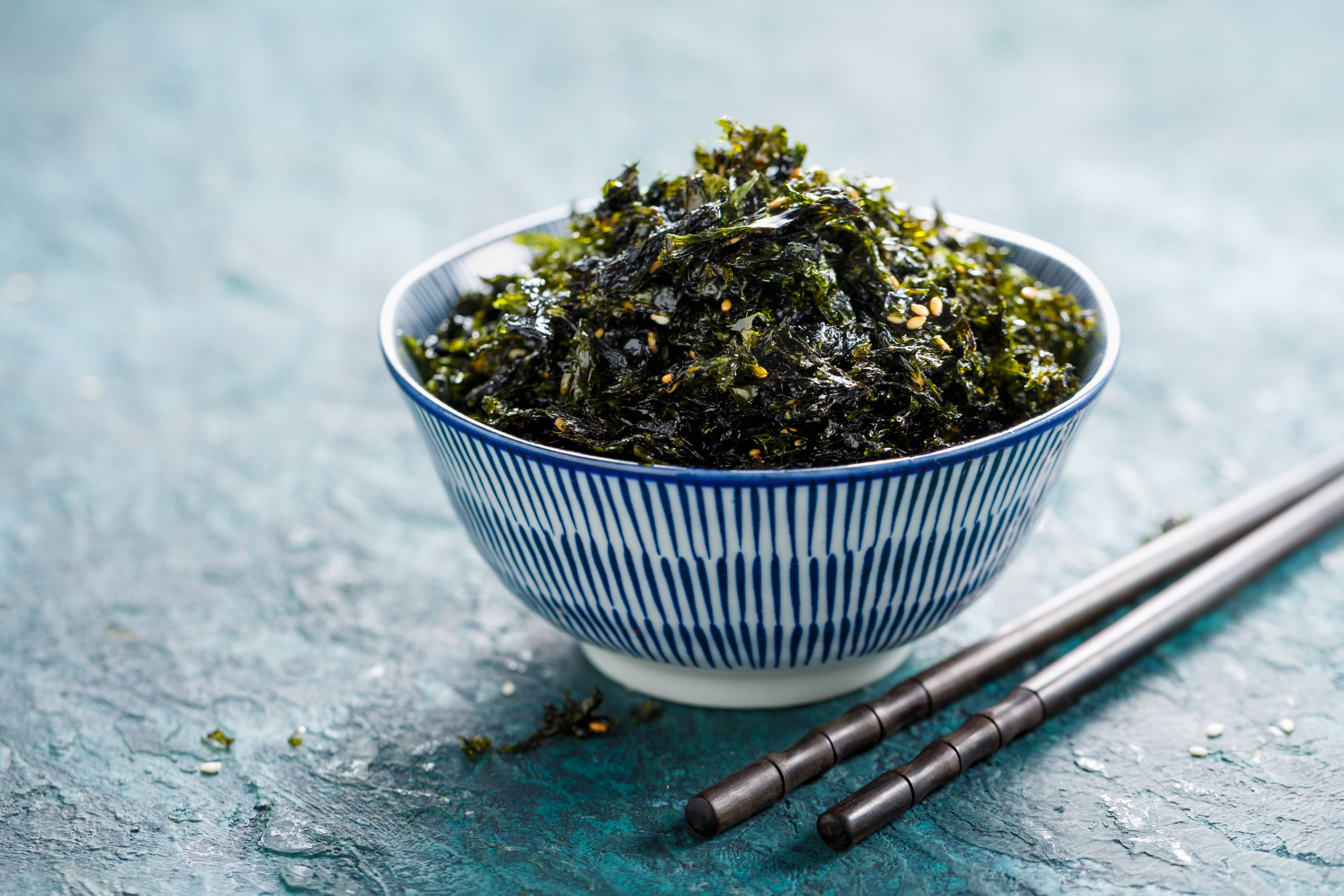
Seaweed is a nutrient-dense food that offers a plethora of health benefits, including cholesterol management. Rich in fiber, antioxidants, and omega-3 fatty acids, seaweed can help reduce LDL cholesterol levels and support overall heart health. Its rich supply of antioxidants combats oxidative stress, a key contributor to heart disease, while the presence of plant-based omega-3 fatty acids further supports heart health by reducing inflammation and improving blood lipid profiles. Regular inclusion of seaweed in the diet—whether in salads, soups, or snacks—can be a natural and effective way to support cholesterol management and overall cardiovascular function.
6. The Mighty Moringa: A Nutrient Powerhouse
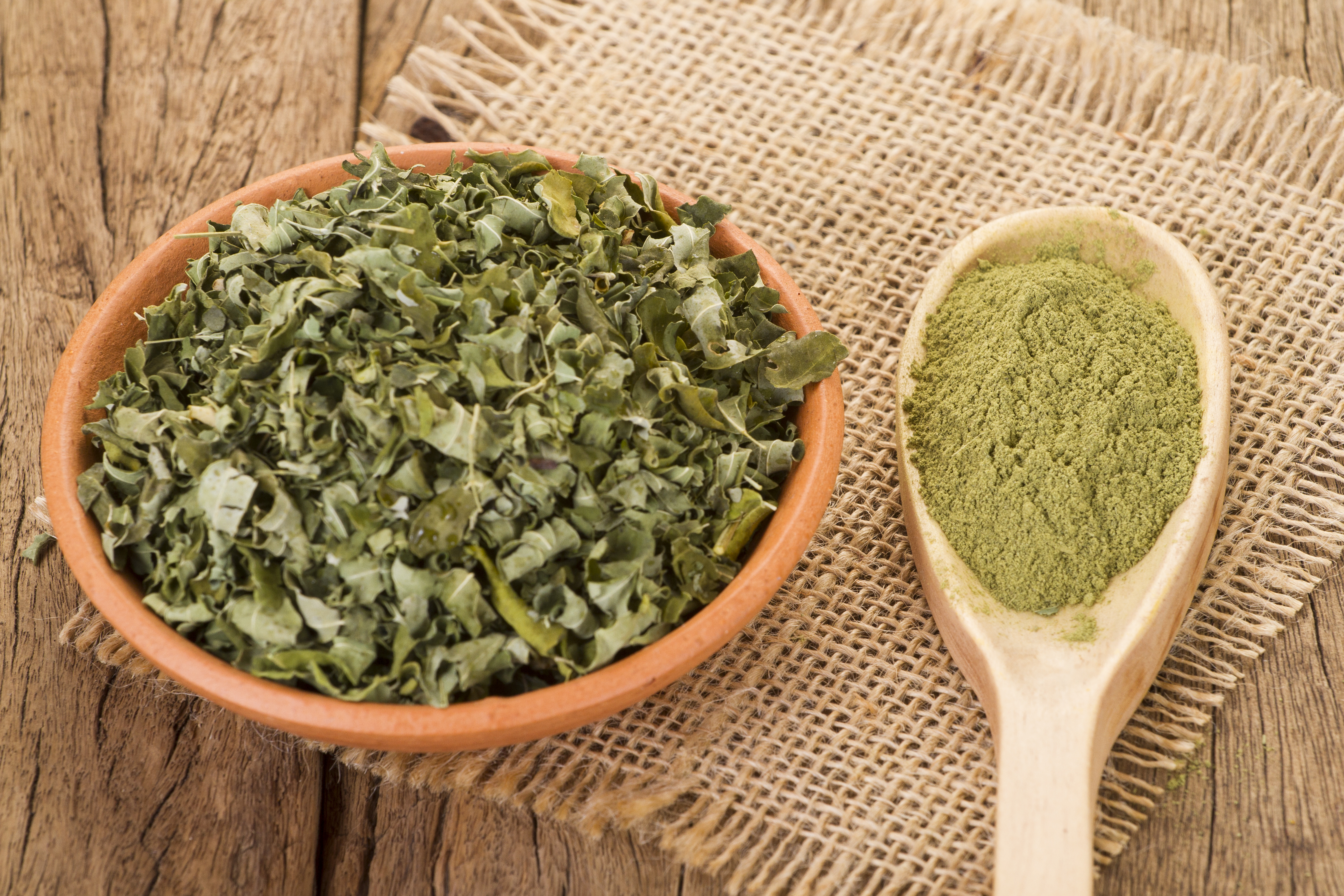
Moringa, often referred to as the "miracle tree," is a nutrient-rich plant that has gained popularity for its numerous health benefits. Packed with vitamins, minerals, and antioxidants, moringa has been shown to lower cholesterol levels and support heart health. Its leaves are rich in essential vitamins (such as A, C, and E), minerals like calcium and potassium, and a host of powerful antioxidants. Studies have shown that moringa can significantly reduce cholesterol levels, particularly LDL cholesterol, thanks to its bioactive compounds such as polyphenols and plant sterols. These compounds help prevent the buildup of plaque in arteries and improve overall lipid profiles, making moringa a valuable ally in promoting cardiovascular health. Whether consumed as a powder, tea, or added to meals, moringa offers a potent, plant-based approach to heart-friendly nutrition.
7. The Magic of Mushrooms: Nature’s Cholesterol Fighters

Mushrooms are a versatile and nutritious food that can play a significant role in cholesterol management. Rich in fiber, antioxidants, and beta-glucans, mushrooms have been shown to lower LDL cholesterol levels and support heart health. These compounds work by reducing cholesterol absorption in the gut and enhancing its excretion from the body, leading to improved lipid profiles over time. Additionally, certain varieties like shiitake and oyster mushrooms contain natural statin-like compounds that may further contribute to cholesterol reduction. With their low calorie content and savory flavor, mushrooms are an easy, heart-friendly addition to a wide range of meals.
8. The Versatility of Avocado: A Heart-Healthy Fat
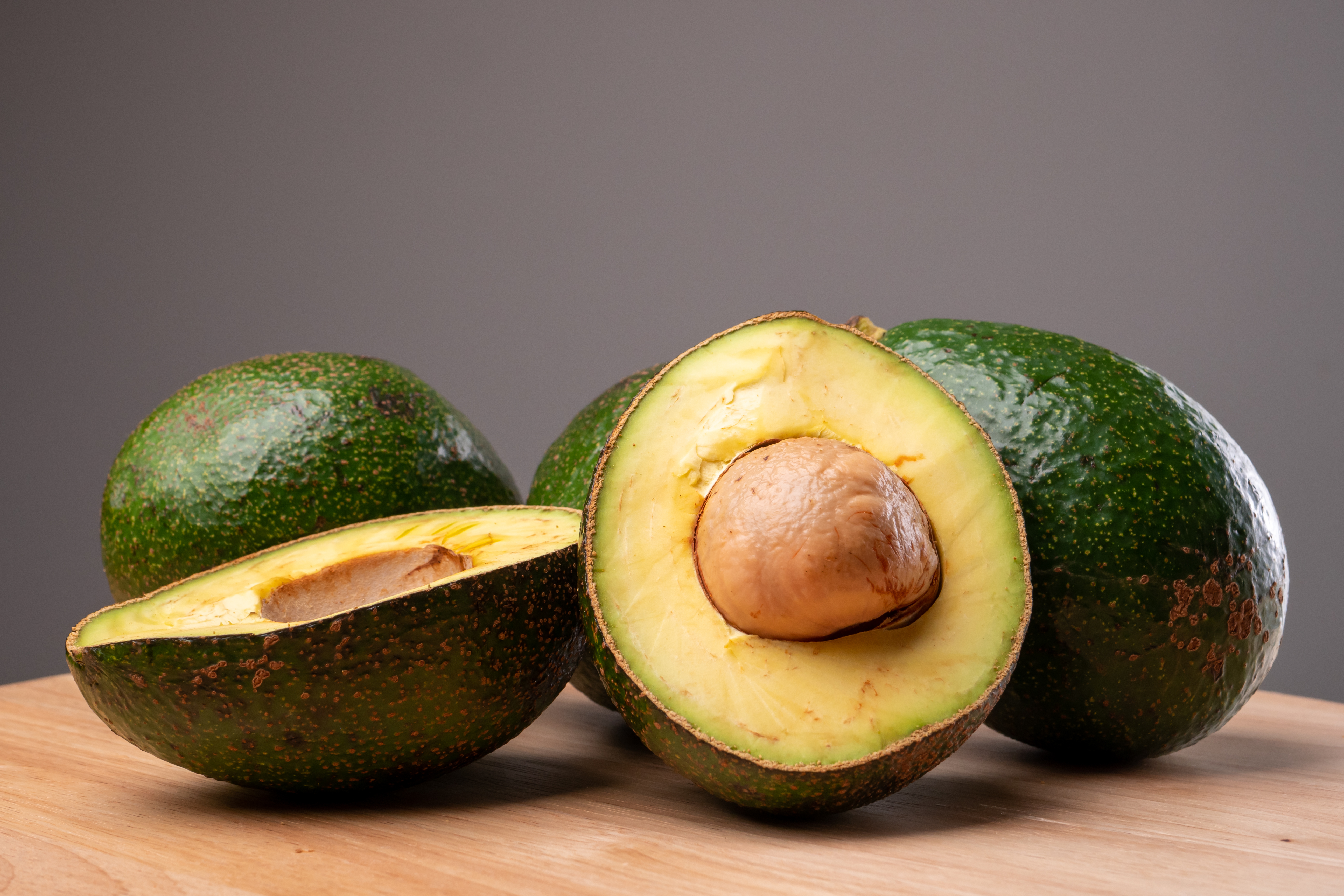
Avocado is a popular superfood known for its heart-healthy monounsaturated fats, which can help lower LDL cholesterol levels and increase HDL cholesterol. In addition to healthy fats, avocados are rich in fiber, potassium, and antioxidants like lutein, all of which contribute to cardiovascular health. The fiber helps reduce cholesterol absorption in the gut, while potassium supports healthy blood pressure levels. Regular consumption of avocado has been linked to improved lipid profiles and reduced risk of heart disease, making it a delicious and nutrient-dense choice for those looking to support their heart through diet.
9. The Surprising Benefits of Artichokes
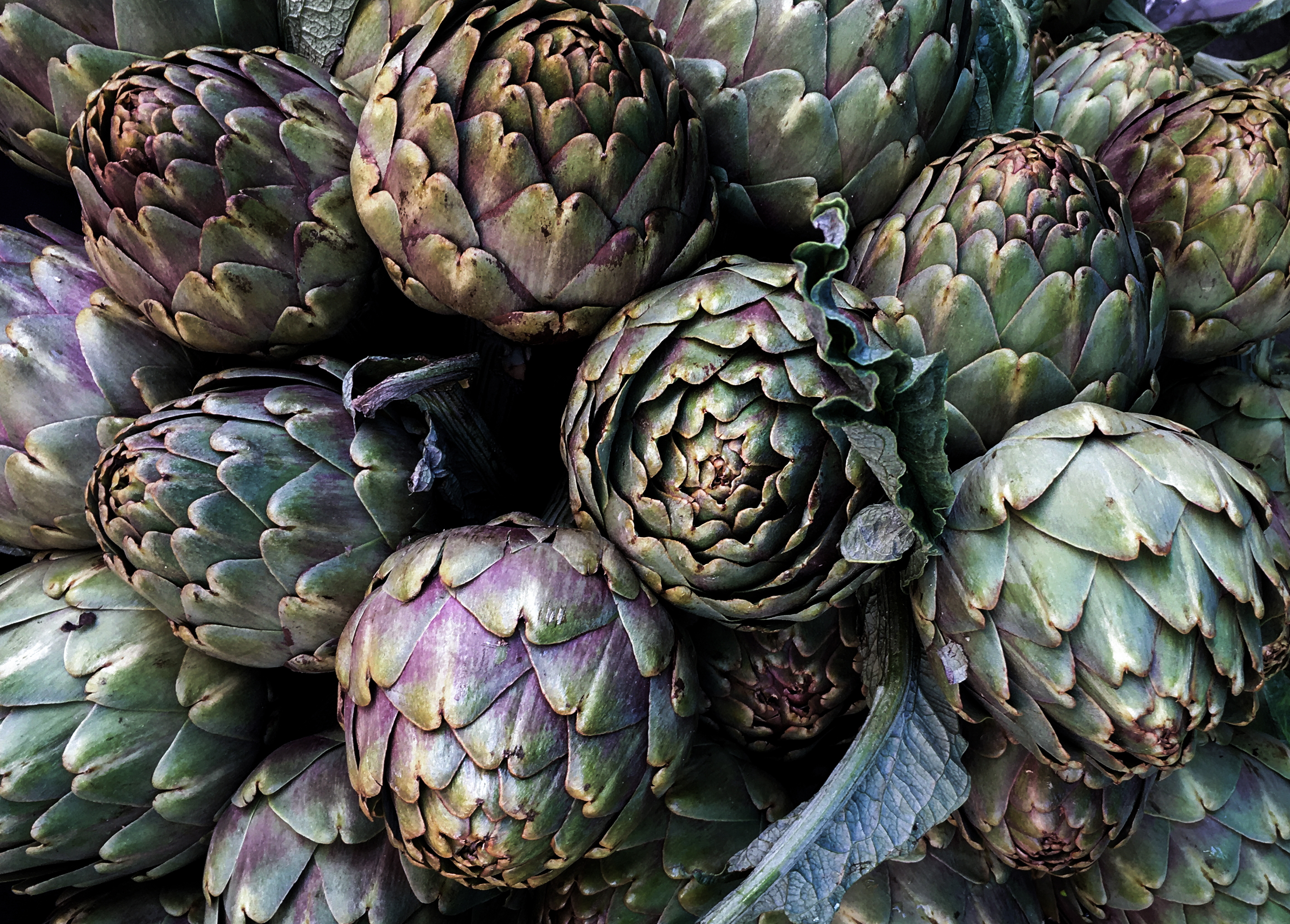
Artichokes are a nutrient-dense vegetable that offers numerous health benefits, including cholesterol management. Rich in fiber, antioxidants, and cynarin, artichokes can help lower LDL cholesterol levels and support overall heart health. Cynarin, a natural compound found primarily in artichoke leaves, is known to stimulate bile production in the liver, which aids in the breakdown and elimination of cholesterol from the body. Combined with their high antioxidant content—which helps reduce oxidative stress on blood vessels—and soluble fiber that blocks cholesterol absorption in the gut, artichokes serve as a powerful, plant-based ally in promoting cardiovascular wellness. Incorporating them into meals, whether roasted, steamed, or blended into dips, offers both flavor and functional health benefits.
10. The Power of Pulses: Lentils and Beans

Pulses, such as lentils and beans, are a rich source of fiber, protein, and essential nutrients, making them a powerful ally in cholesterol management. Pulses, such as lentils and beans, are a rich source of fiber, protein, and essential nutrients, making them a powerful ally in cholesterol management. The high soluble fiber content in pulses helps reduce the absorption of LDL cholesterol in the digestive tract, while their plant-based proteins provide a heart-healthy alternative to animal-based sources that are often high in saturated fats. Additionally, pulses have a low glycemic index, which supports stable blood sugar levels—another factor closely tied to cardiovascular health. Regular consumption of pulses has been linked to improved lipid profiles and a reduced risk of heart disease, making them a valuable staple in a cholesterol-conscious diet.
11. The Unique Benefits of Black Garlic
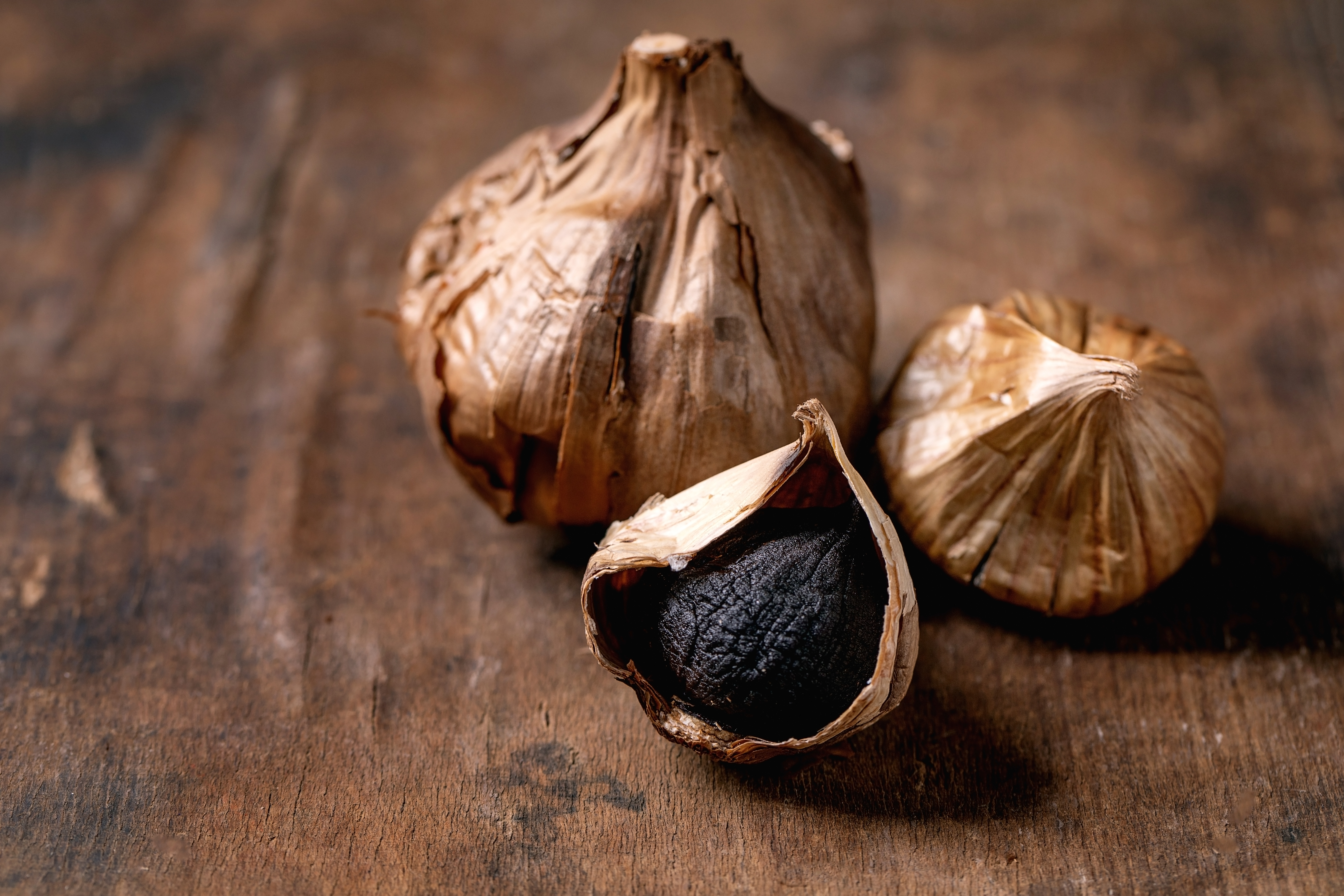
Black garlic, a fermented version of regular garlic, offers unique health benefits, including cholesterol management. Rich in antioxidants and S-allyl cysteine, black garlic has been shown to lower LDL cholesterol levels and support heart health. The fermentation process enhances its antioxidant potency and reduces the harshness of raw garlic, making it gentler on the stomach while retaining its therapeutic properties. S-allyl cysteine, in particular, is known to improve lipid metabolism and reduce oxidative damage to blood vessels, both of which are crucial in preventing atherosclerosis. With its sweet, umami-rich flavor and soft texture, black garlic not only elevates culinary dishes but also serves as a functional food for cardiovascular wellness.
12. The Nutritional Power of Flaxseeds
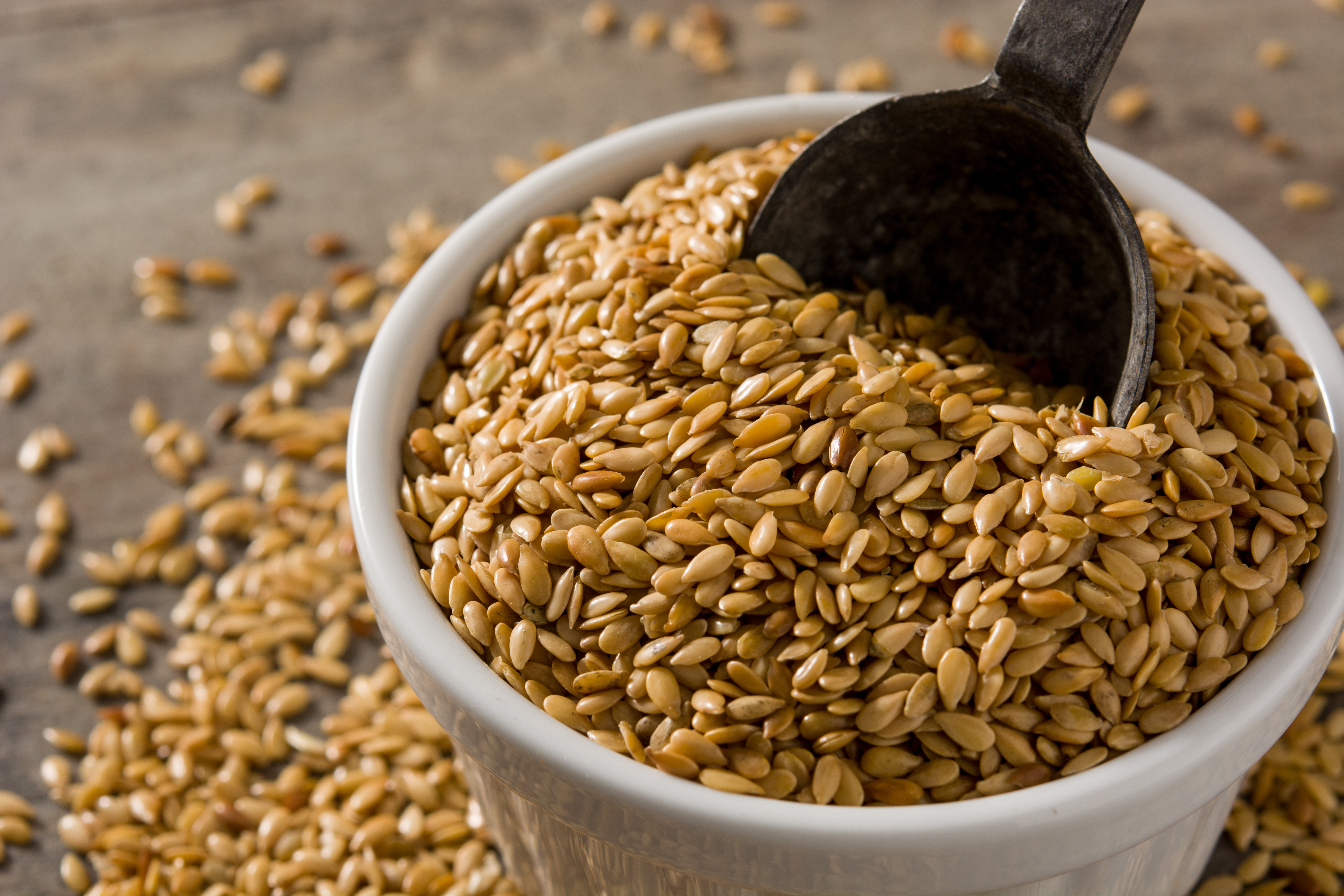
Flaxseeds are a rich source of omega-3 fatty acids, fiber, and lignans, making them a powerful ally in cholesterol management. The soluble fiber in flaxseeds binds to cholesterol in the digestive system, reducing its absorption and helping to lower LDL (bad) cholesterol levels. Meanwhile, the plant-based omega-3s—particularly alpha-linolenic acid (ALA)—help reduce inflammation and improve overall heart function. Lignans, unique polyphenols found in high concentrations in flaxseeds, also contribute to cardiovascular health by acting as antioxidants and supporting hormonal balance. Regular consumption of ground flaxseeds, whether added to smoothies, oatmeal, or baked goods, offers a simple yet effective way to support long-term heart health.
13. The Benefits of Berries: Nature’s Antioxidant Powerhouses
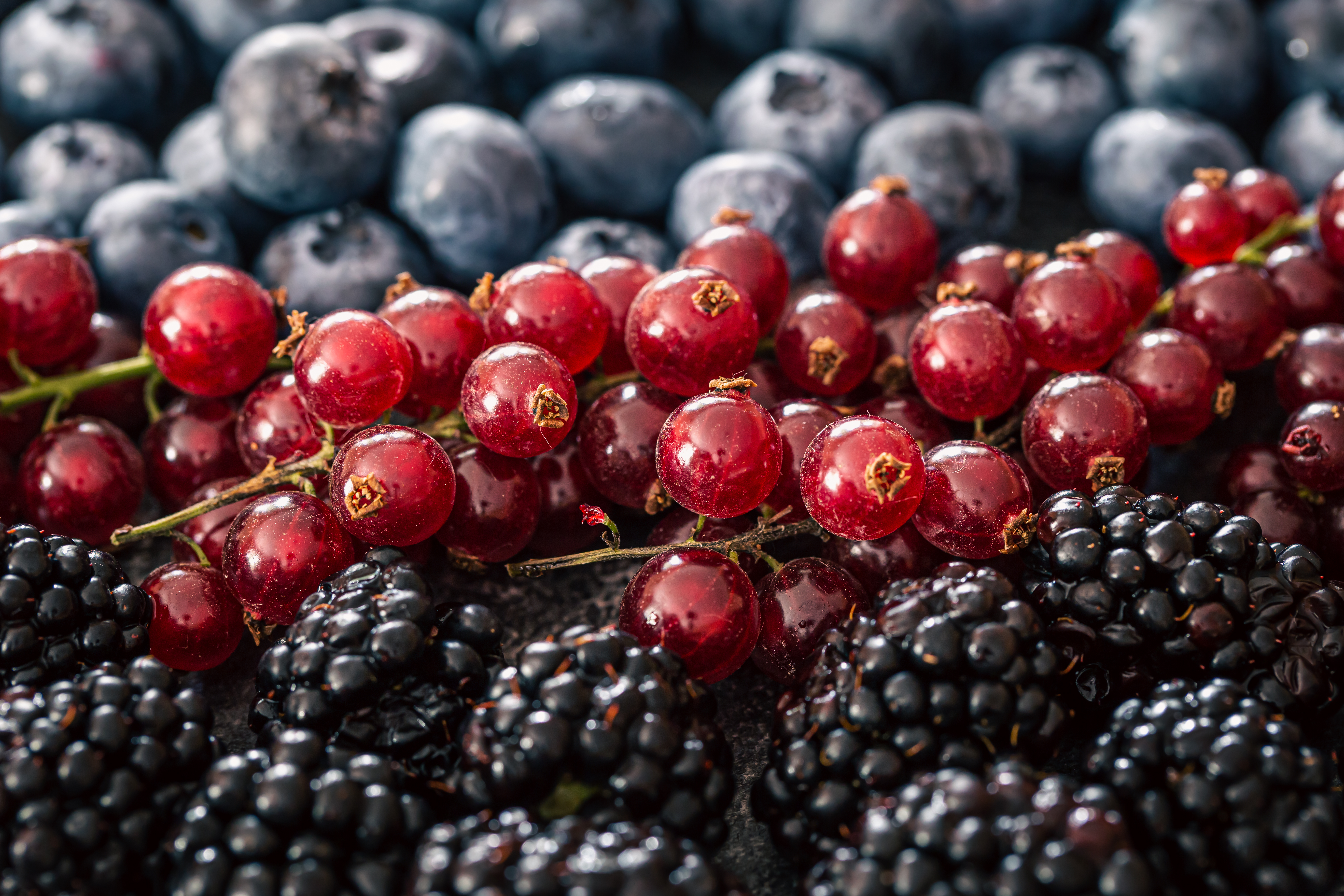
Berries, such as blueberries, strawberries, and raspberries, are rich in antioxidants, fiber, and essential nutrients, making them a powerful ally in cholesterol management. Their high levels of anthocyanins—a type of flavonoid—have been shown to reduce LDL (bad) cholesterol while protecting blood vessels from oxidative damage. The soluble fiber in berries also aids in binding cholesterol in the digestive tract, promoting its excretion from the body. Additionally, their anti-inflammatory properties support overall heart health and help maintain the integrity of arterial walls. Regularly incorporating a variety of berries into your diet—whether fresh, frozen, or in smoothies—can be a delicious and effective way to enhance cardiovascular wellness.
15. Edamame: Small Pods, Big Heart Impact
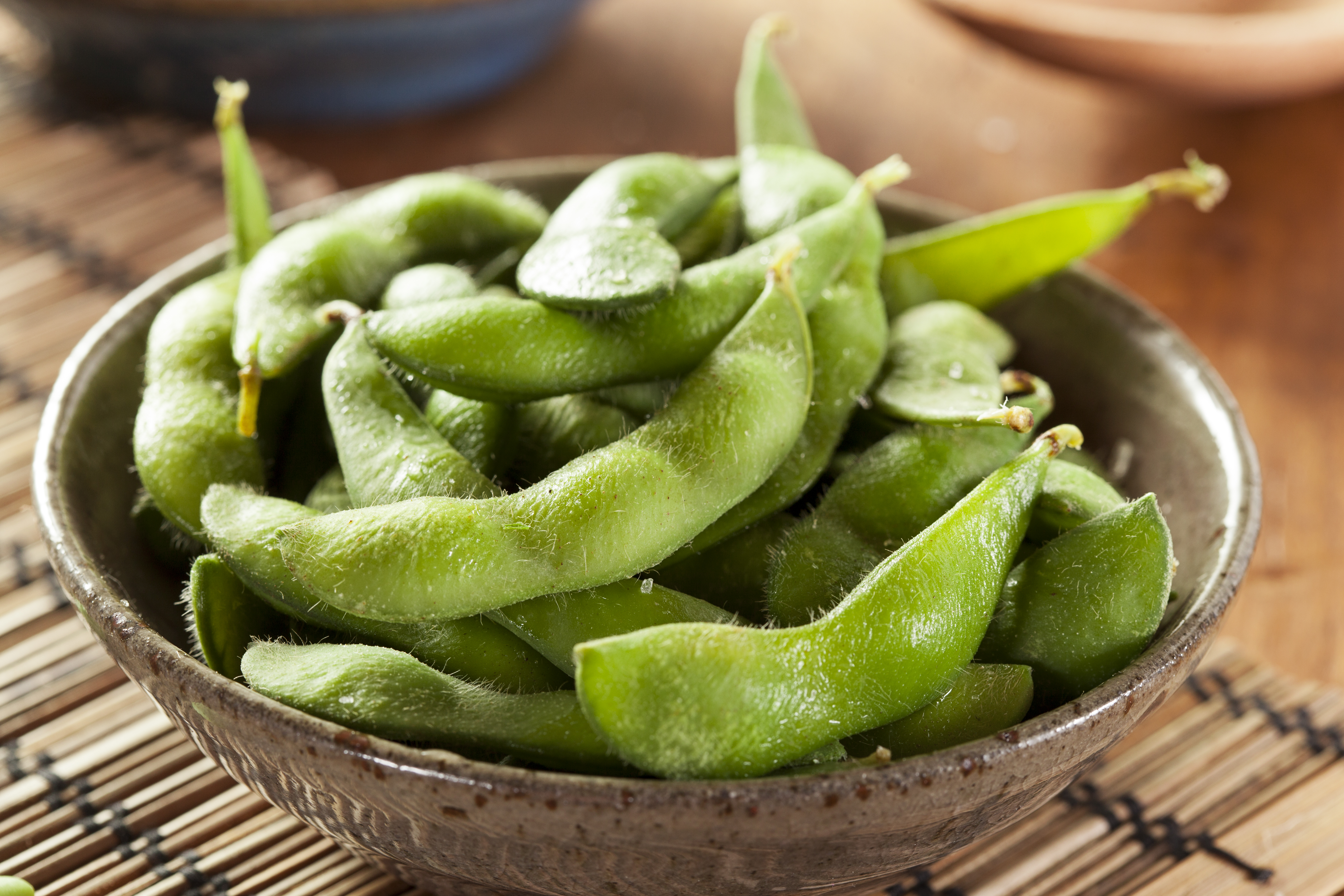
Edamame—young soybeans—are a plant-based protein powerhouse rich in isoflavones, which have been shown to lower LDL cholesterol and improve arterial health. These bioactive compounds mimic estrogen in the body, helping to reduce cholesterol synthesis in the liver. Edamame also contains high amounts of soluble fiber and omega-3 fatty acids, which collectively promote healthy blood lipid levels and reduce inflammation. Unlike heavily processed soy products, edamame is minimally altered, retaining its full nutritional profile. Snack on them steamed and lightly salted, toss them into salads, or blend into hummus for a simple, satisfying way to support cholesterol control.
16. Chia Seeds: Tiny Seeds with Giant Health Returns
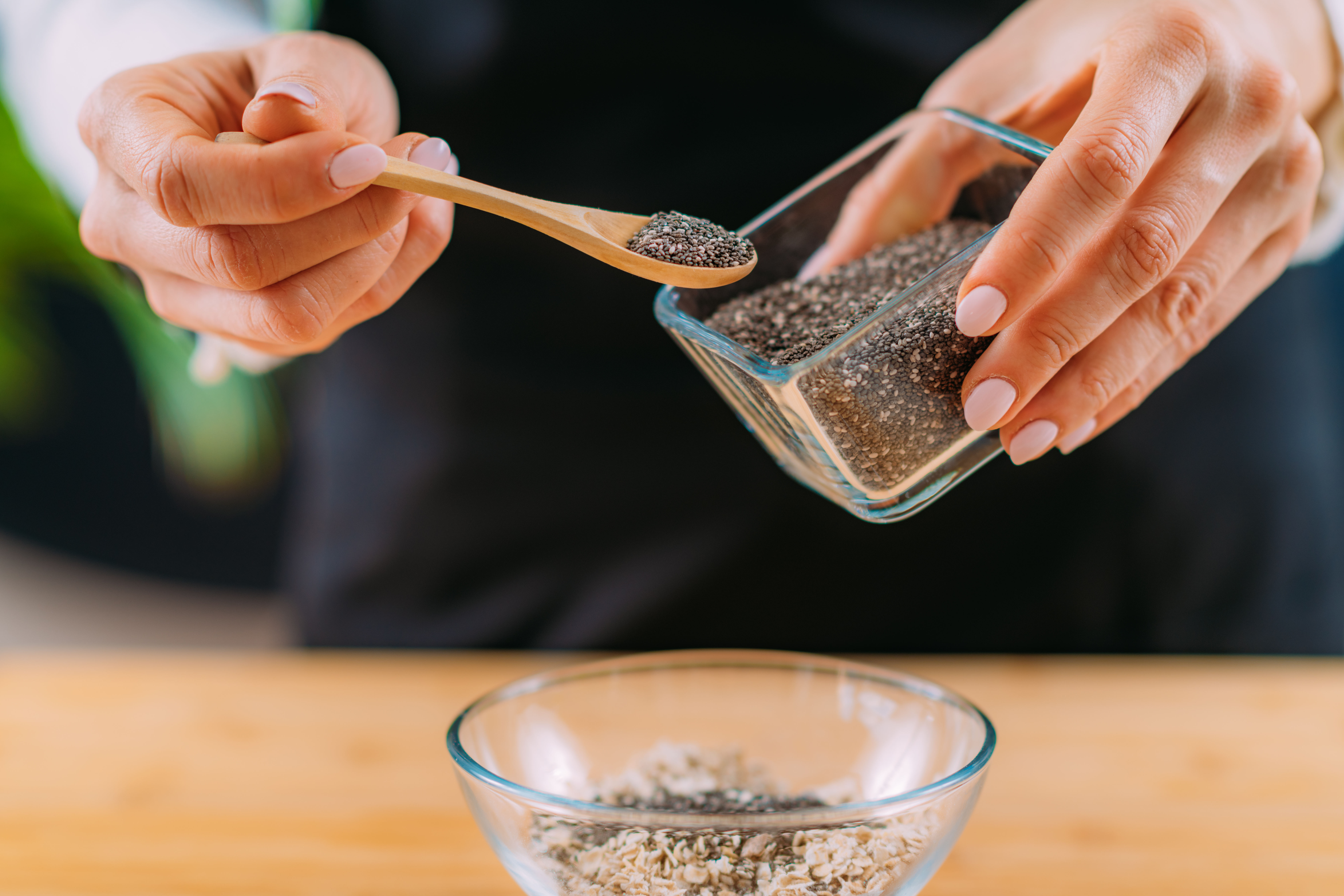
Chia seeds might be small, but they deliver big when it comes to heart health. Loaded with soluble fiber and alpha-linolenic acid (a plant-based omega-3), chia seeds help lower LDL cholesterol and reduce triglyceride levels. Their gel-forming fiber traps cholesterol in the digestive tract, reducing absorption. In addition, the anti-inflammatory properties of their omega-3 content help protect the arteries from damage. Chia seeds are incredibly versatile—add them to smoothies, yogurt, overnight oats, or baked goods. Just one tablespoon a day can make a meaningful impact on cholesterol and overall cardiovascular function.
17. Beets: Rooted in Heart Health
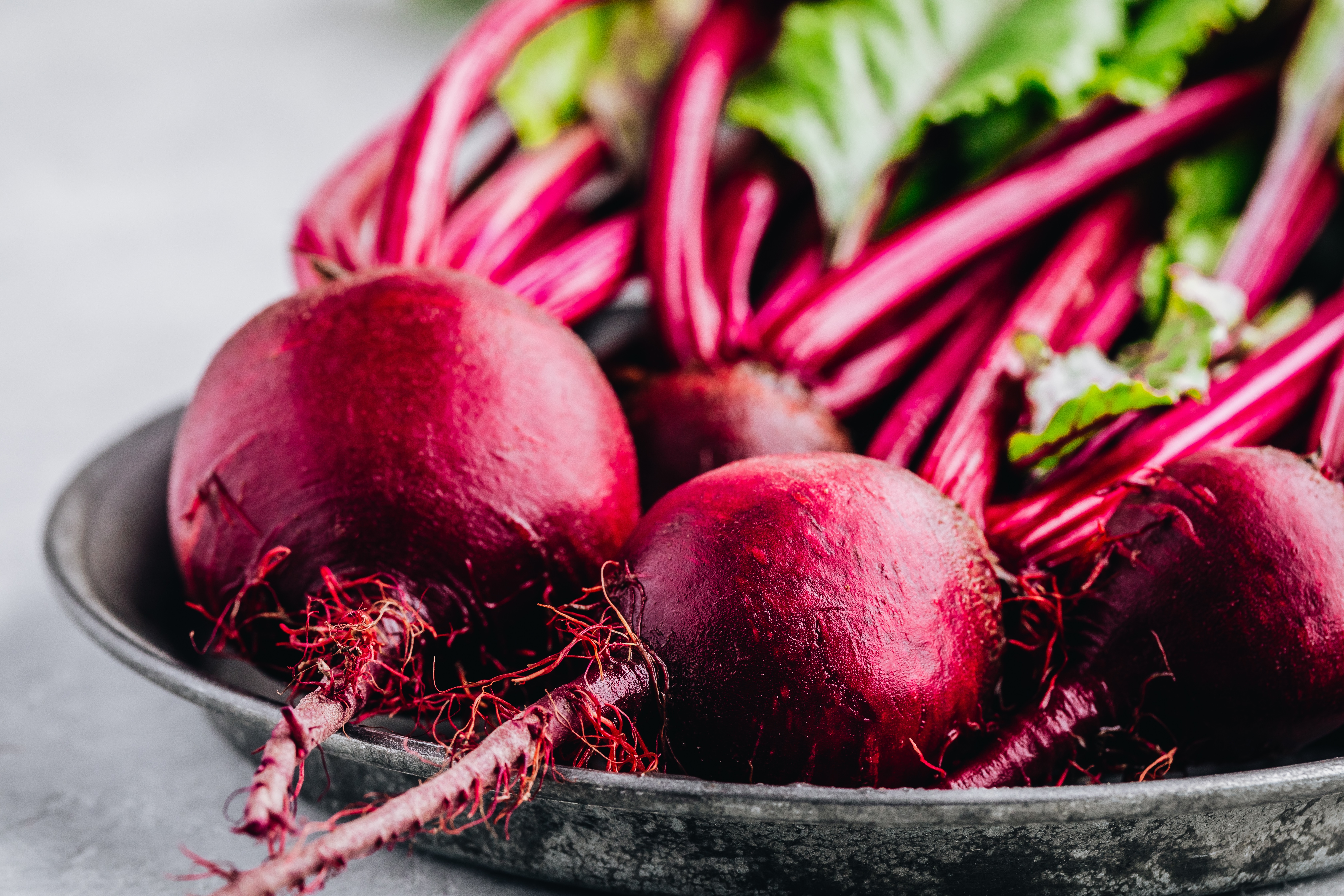
Beets are rich in dietary nitrates, which help widen blood vessels, improve circulation, and reduce blood pressure—key contributors to heart health. But they also aid cholesterol management thanks to their betaine content, which supports liver function and helps regulate fat metabolism. This can contribute to better cholesterol balance, particularly when paired with a diet low in saturated fat. Beets also provide fiber and antioxidants that reduce oxidative stress on blood vessels. Whether roasted, juiced, or grated into salads, this vibrant root vegetable offers more than color—it offers a natural boost to your heart’s wellbeing.
18. Rooibos Tea: A Caffeine-Free Heart Helper
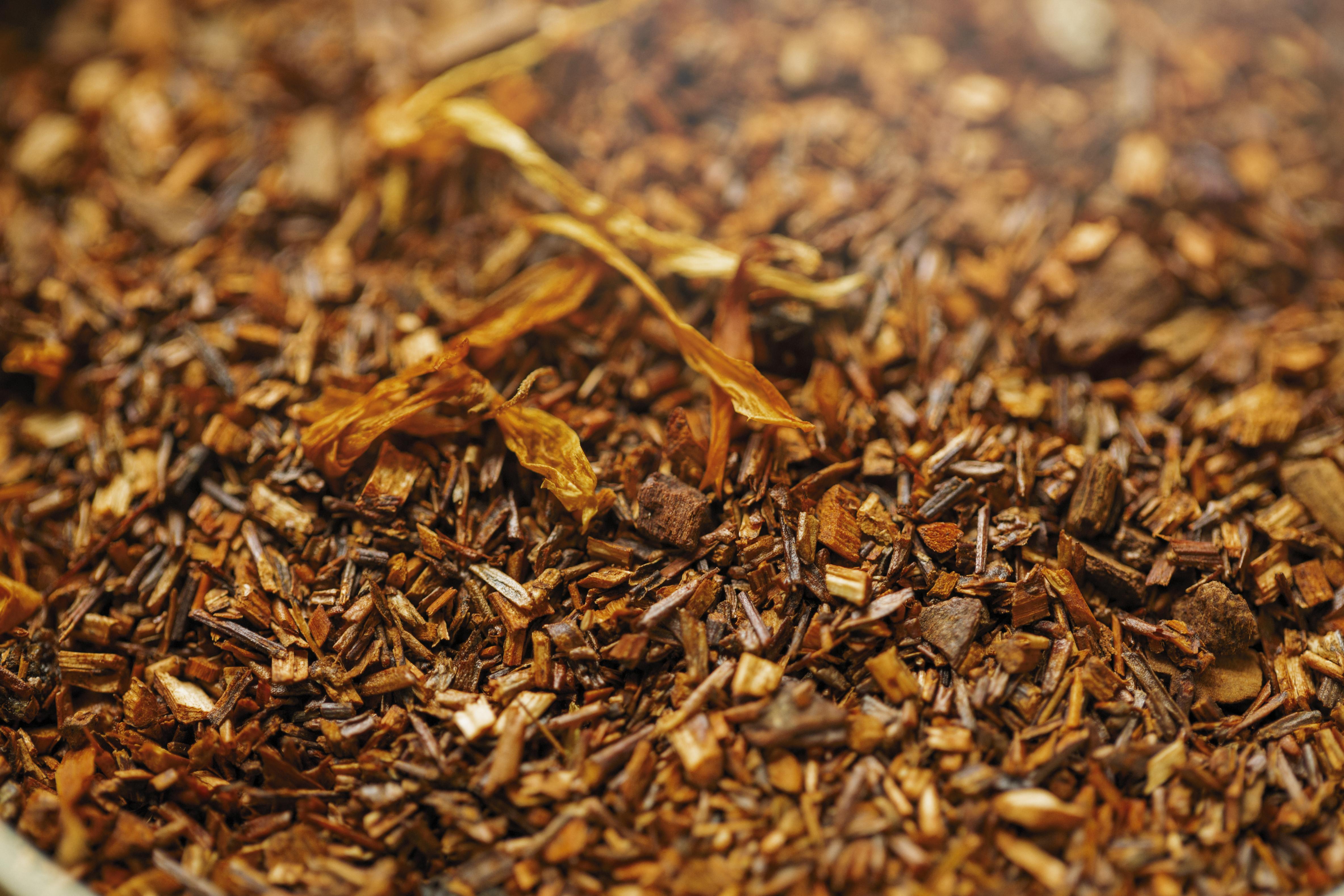
Rooibos tea, a red herbal tea from South Africa, is an underappreciated superdrink when it comes to cholesterol. Rich in powerful antioxidants like aspalathin and nothofagin, rooibos helps reduce oxidative stress and inflammation—two major contributors to atherosclerosis. Studies have shown that regular consumption of rooibos tea may lower LDL cholesterol while boosting HDL levels, offering a balanced improvement in heart health markers. Naturally caffeine-free, it’s a great alternative to traditional black or green teas for those sensitive to stimulants. Sip it hot or iced, and enjoy both its earthy flavor and cardiovascular perks.
19. Amaranth: The Ancient Grain with Modern Benefits

Amaranth may be ancient, but its cholesterol-lowering power is timeless. This gluten-free pseudograin is rich in plant sterols and soluble fiber, both known to reduce LDL cholesterol by limiting absorption in the digestive tract. Amaranth also provides quality protein and squalene—a compound shown to help balance cholesterol production in the liver. Unlike heavily processed grains, amaranth maintains its nutritional integrity and delivers a slightly nutty, versatile base for porridges, grain bowls, or even baked goods. It’s a satisfying swap for refined carbs and a potent ally in heart-conscious eating, especially for those seeking whole-food, plant-based diversity.
20. Bergamot: The Citrus Secret for Lipid Control
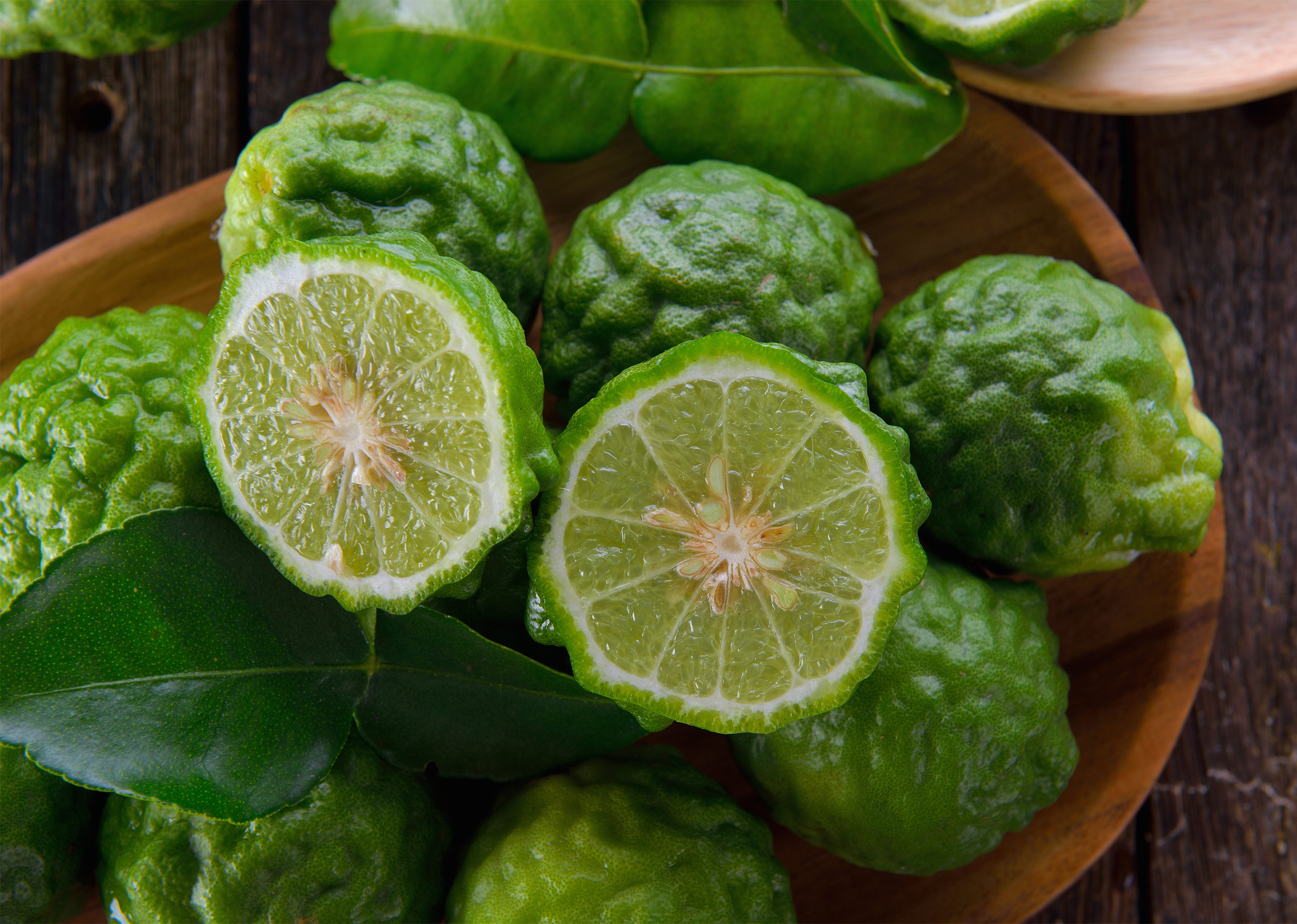
Bergamot, a fragrant citrus fruit native to southern Italy, is a rising star in cholesterol research. Its unique flavonoids—especially brutieridin and melitidin—have been shown to reduce LDL and total cholesterol while increasing HDL, with effects similar to statins but without the side effects. Available mostly as a juice or extract (not commonly eaten whole), bergamot can be consumed as a supplement or in teas. Clinical trials have highlighted its ability to lower triglycerides and improve lipid ratios in people with metabolic syndrome. If you're looking for a natural boost to your cholesterol-lowering routine, bergamot is a scientifically-backed, citrusy wildcard.
21. Celery Seeds: Small But Cardioprotective
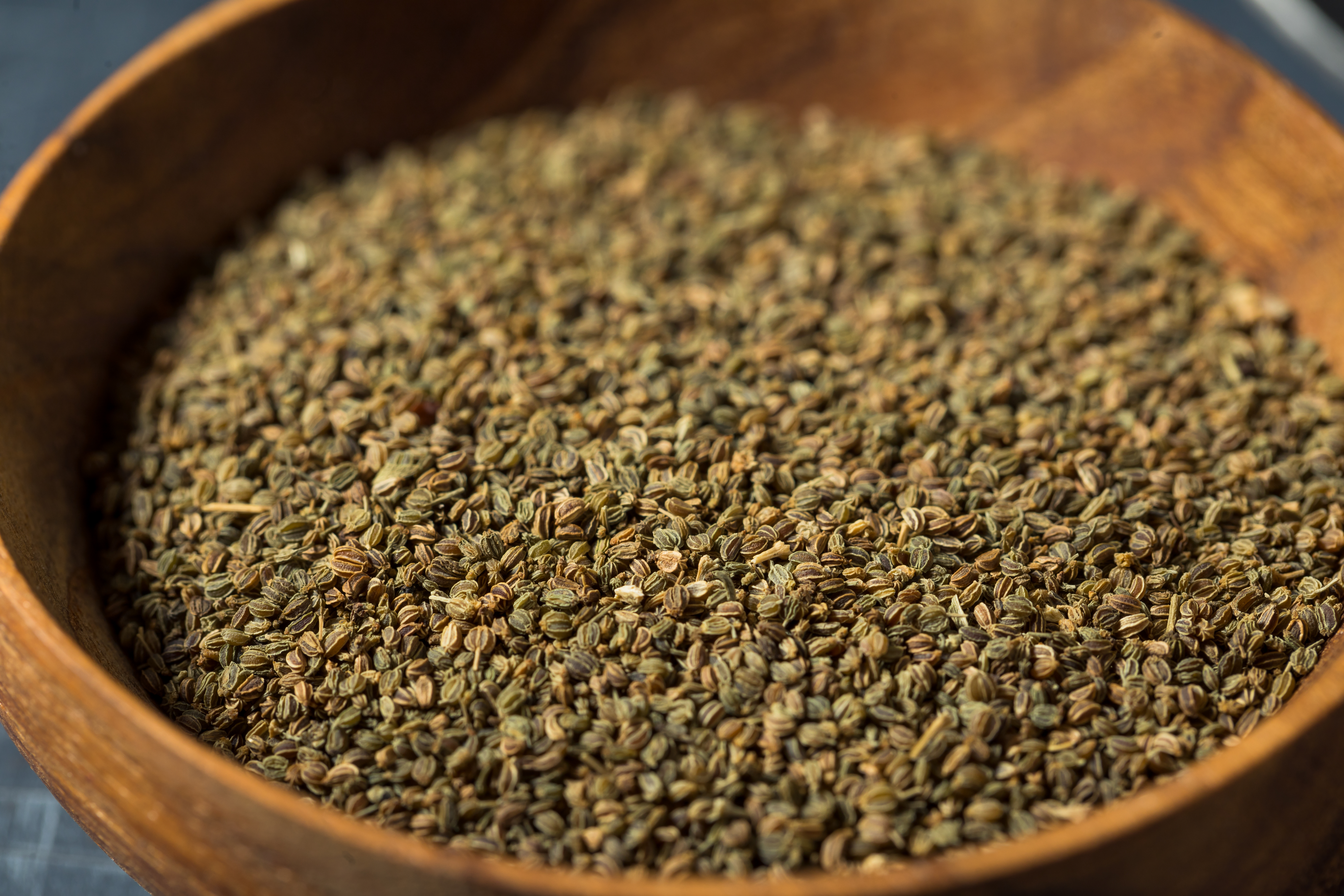
Often overshadowed by the stalk, celery seeds pack a concentrated punch of heart-supporting compounds. They contain phthalides, which help relax blood vessels and improve blood flow—benefiting both blood pressure and cholesterol levels. These seeds also provide fiber, magnesium, and antioxidants that support arterial health and reduce LDL buildup. While not commonly used in large quantities, celery seed can be steeped into tea or ground into spice blends, salad dressings, or marinades. For those looking to support their cardiovascular system holistically, these tiny seeds offer a potent—and often overlooked—nutritional boost.
22. Tamarind: The Sweet-Sour Lipid Regulator
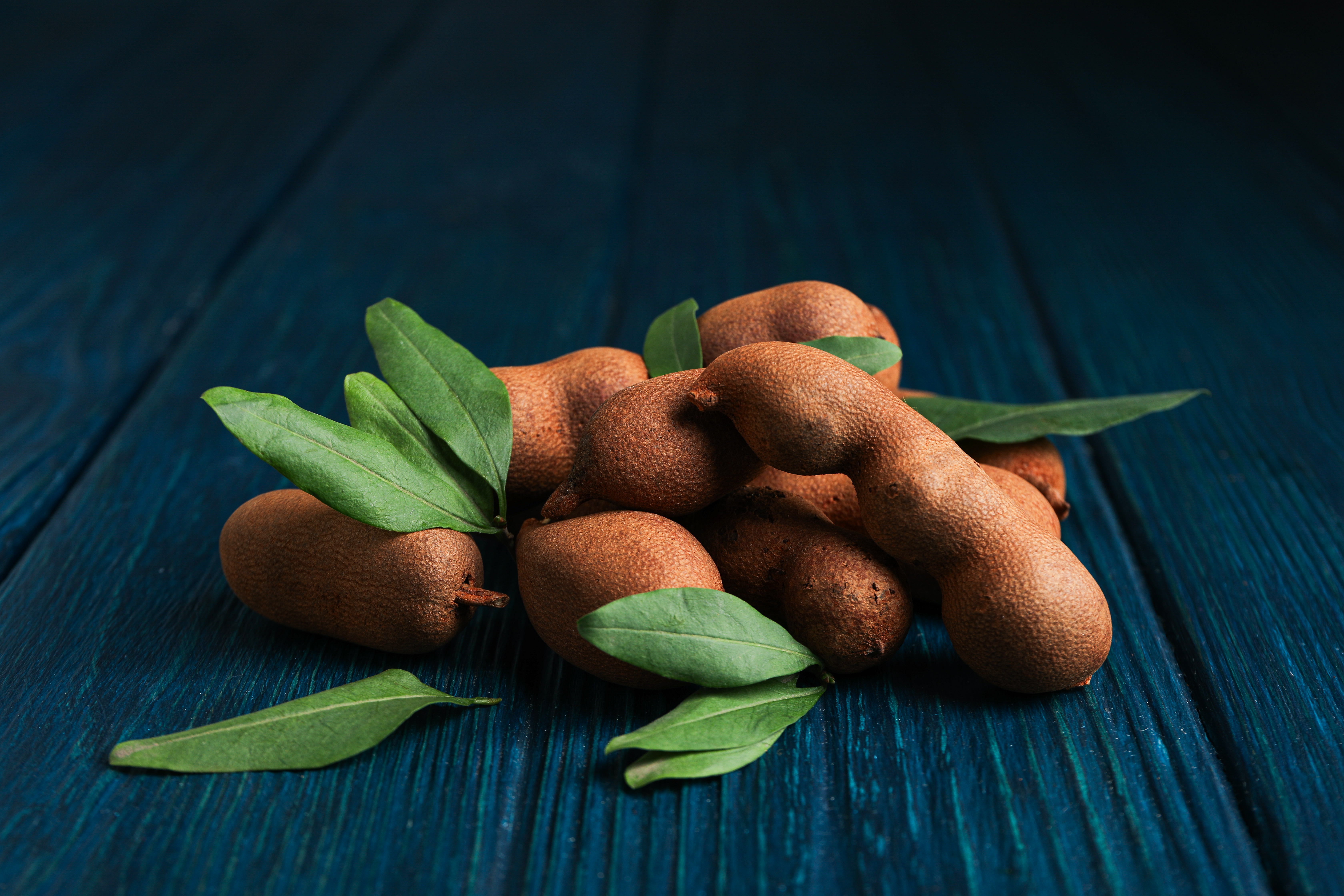
Tamarind, known for its tangy-sweet flavor, is more than just a culinary staple—it’s a stealth cholesterol fighter. Rich in polyphenols and flavonoids, tamarind pulp has been shown to lower LDL cholesterol and triglyceride levels in animal and early human studies. It’s also a natural source of magnesium and potassium, which support overall heart function. Tamarind’s fiber content may contribute to reduced cholesterol absorption in the gut. Add it to chutneys, sauces, or warm water with honey and lemon for a tangy wellness tonic. Its bold flavor masks its even bolder heart-health credentials.
23. Watercress: The Micronutrient-Dense Power Leaf
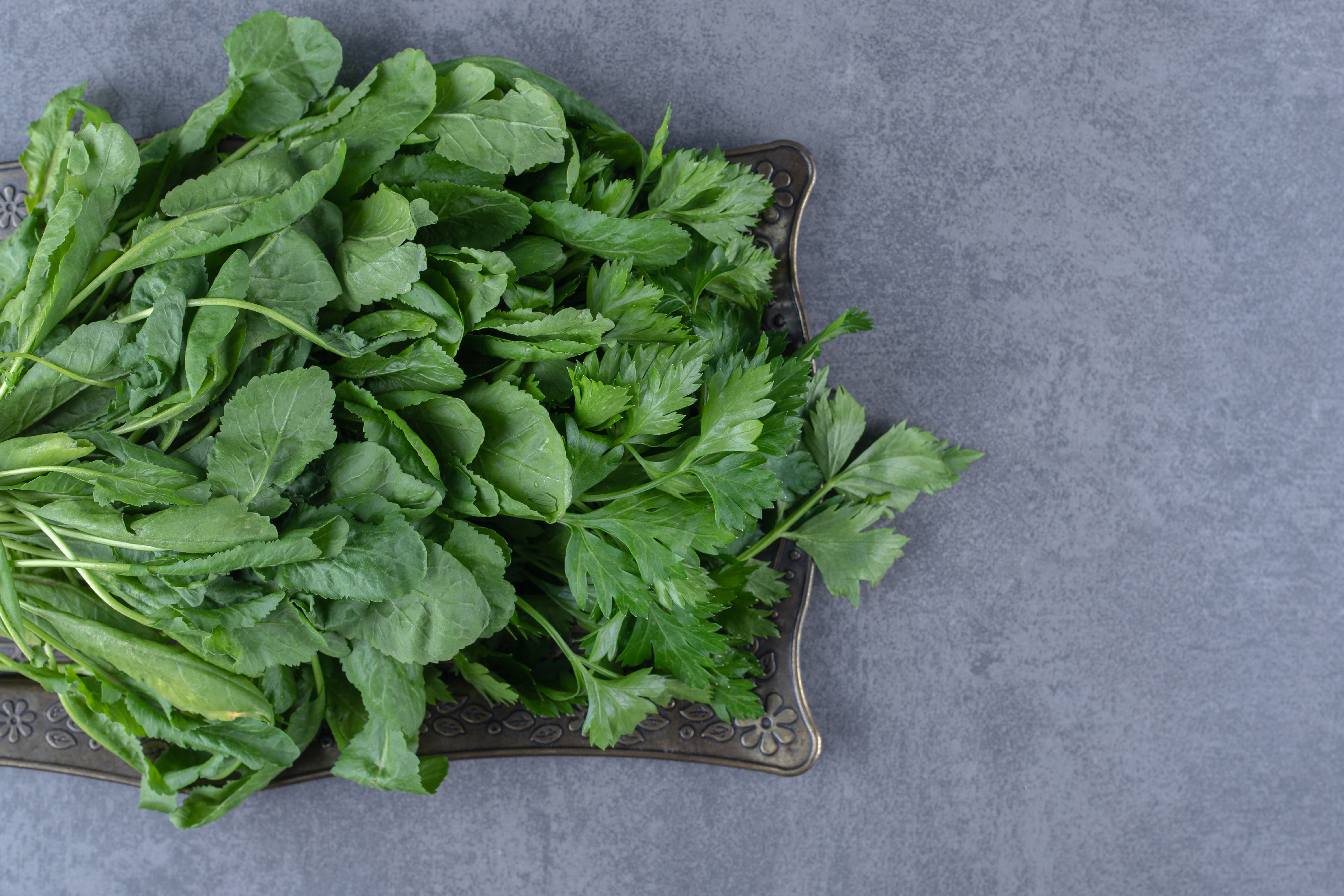
Watercress often flies under the radar, but this peppery green is a nutritional powerhouse. Rich in antioxidants, potassium, and fiber, watercress supports cholesterol regulation by protecting arteries from oxidative damage and aiding in lipid metabolism. It also provides small amounts of omega-3s and compounds like glucosinolates, which help reduce inflammation—a major driver of heart disease. While its benefits may be subtle, adding watercress to salads, soups, or sandwiches gives your meals a gentle metabolic edge. Its crisp, clean flavor complements its clean impact on your cholesterol profile.
24. Jicama: Crunchy Fiber That Fights LDL
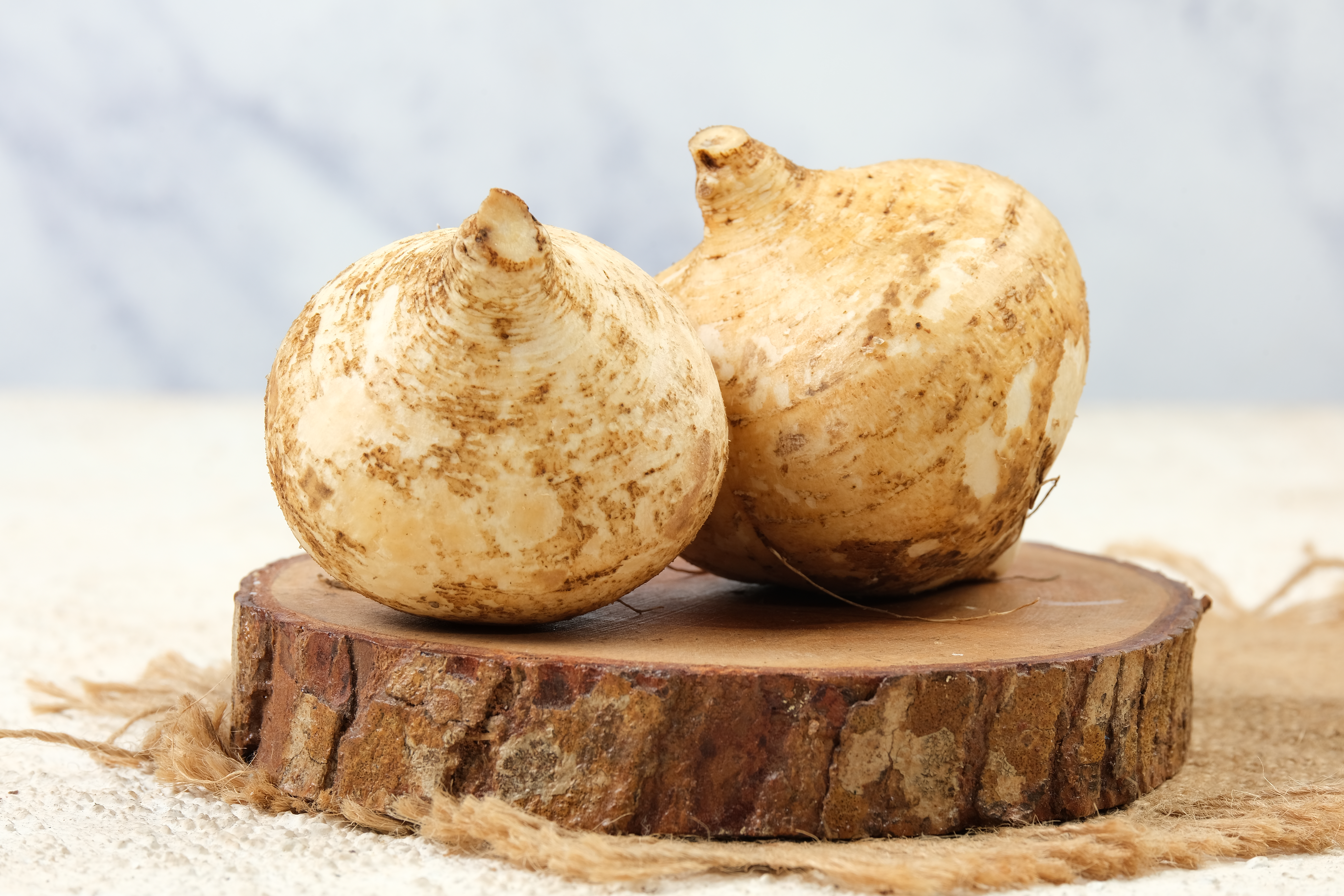
Jicama, the crunchy root often overlooked in Western diets, is a hidden gem for cholesterol control. Packed with soluble fiber—in particular, inulin—this slightly sweet, nutty tuber helps block cholesterol absorption in the gut and supports healthy gut flora, which in turn benefits lipid metabolism. Its low glycemic index and hydrating crunch make it an ideal snack or salad ingredient. Jicama can be sliced raw, tossed with lime and chili, or added to slaws for texture. Think of it as nature’s edible scrub brush for your arteries—refreshing, fibrous, and quietly effective.
25. Teff: The Tiny Grain That Packs a Cardiovascular Punch
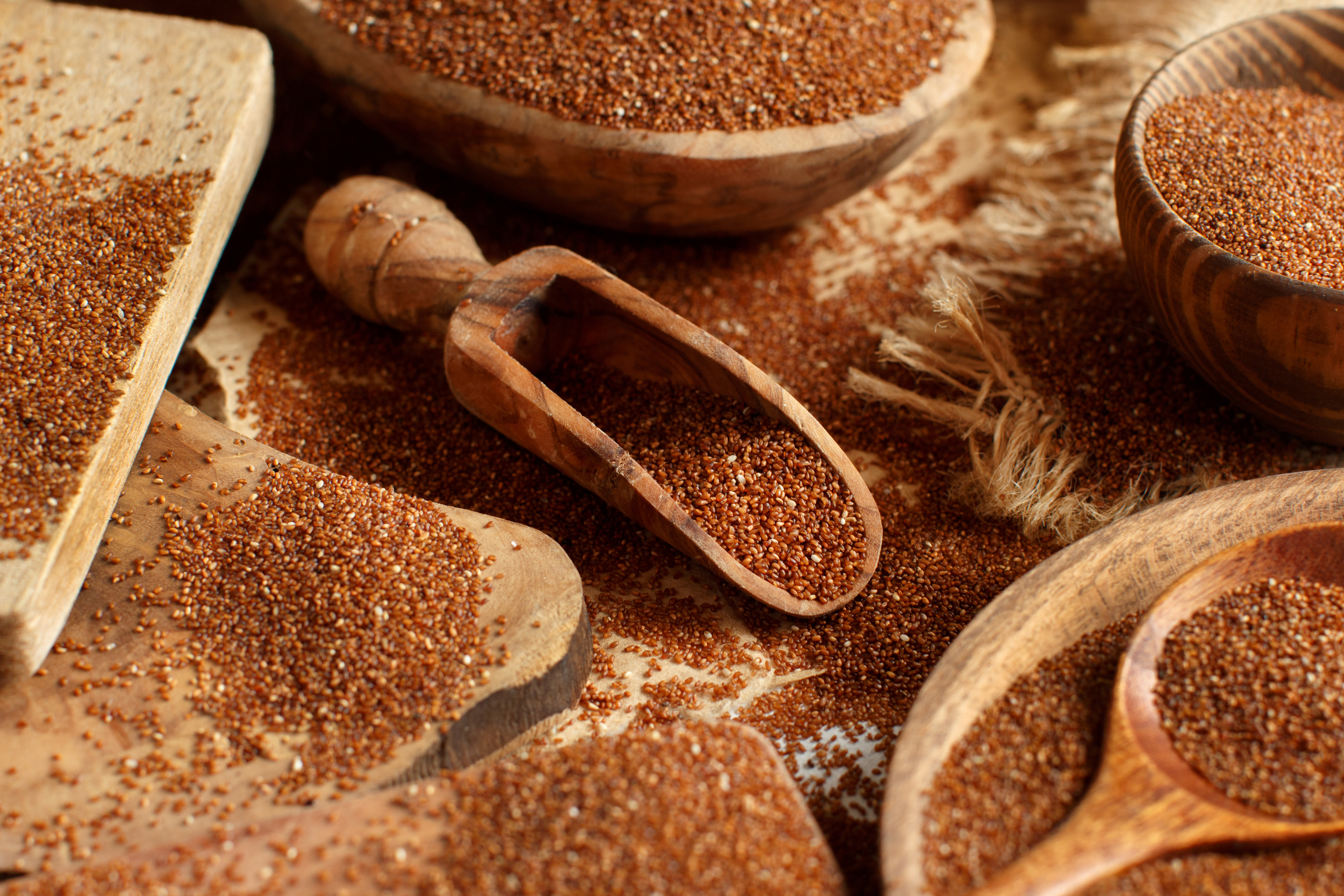
Teff, Ethiopia’s staple grain, is a nutritional powerhouse rich in resistant starch, iron, and plant-based protein. But its real cholesterol-fighting magic comes from its fiber content, which helps lower LDL levels by improving gut health and reducing cholesterol absorption. Teff also contains polyphenols that combat oxidative stress and inflammation, supporting arterial integrity. Unlike other grains, teff is gluten-free, quick-cooking, and versatile—it can be used in porridge, baked goods, or as a quinoa alternative in grain bowls. If you’re looking to swap out refined carbs for something hearty and heart-smart, teff is a smart move.
26. Avocado Leaves: A Folk Remedy with Modern Backing
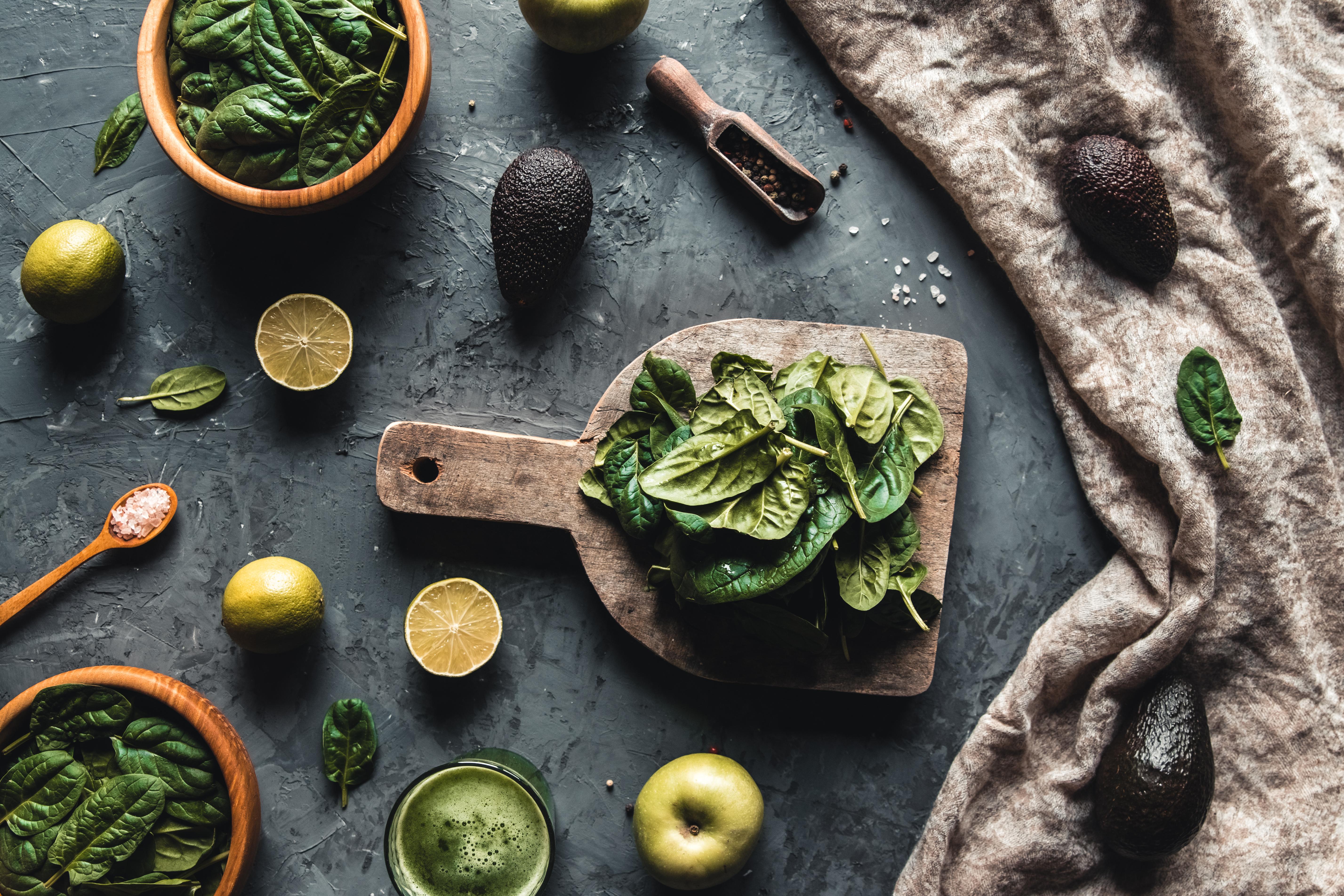
While the avocado fruit gets all the glory, its leaves—used in traditional Mexican cooking—are gaining attention for their lipid-lowering potential. Rich in flavonoids, saponins, and quercetin, avocado leaves may help reduce cholesterol synthesis in the liver and improve blood lipid profiles. Some studies suggest they also have antihypertensive effects, which compound their cardiovascular benefits. Brewed into a mild herbal tea, the leaves deliver a subtle anise-like flavor and a medicinal edge. It’s a quiet ritual with quiet power—perfect for those who want to support heart health from a cultural and botanical lens.
27. Purslane: A Wild Weed with Omega-3 Muscle

Purslane may look like a weed, but it’s one of the richest plant sources of alpha-linolenic acid (ALA), a potent omega-3 that helps lower triglycerides and improve HDL cholesterol. This succulent green also contains high levels of magnesium, potassium, and antioxidants like glutathione, which together protect blood vessels and support healthy circulation. Purslane has a tangy, slightly lemony flavor and works well in salads, stir-fries, or tucked into wraps. Often found growing wild in backyards or farmers’ markets, it’s a humble green with elite credentials—proving sometimes the best remedies are the ones we overlook.
28. Yacon Root: Sweetness Without the Spike
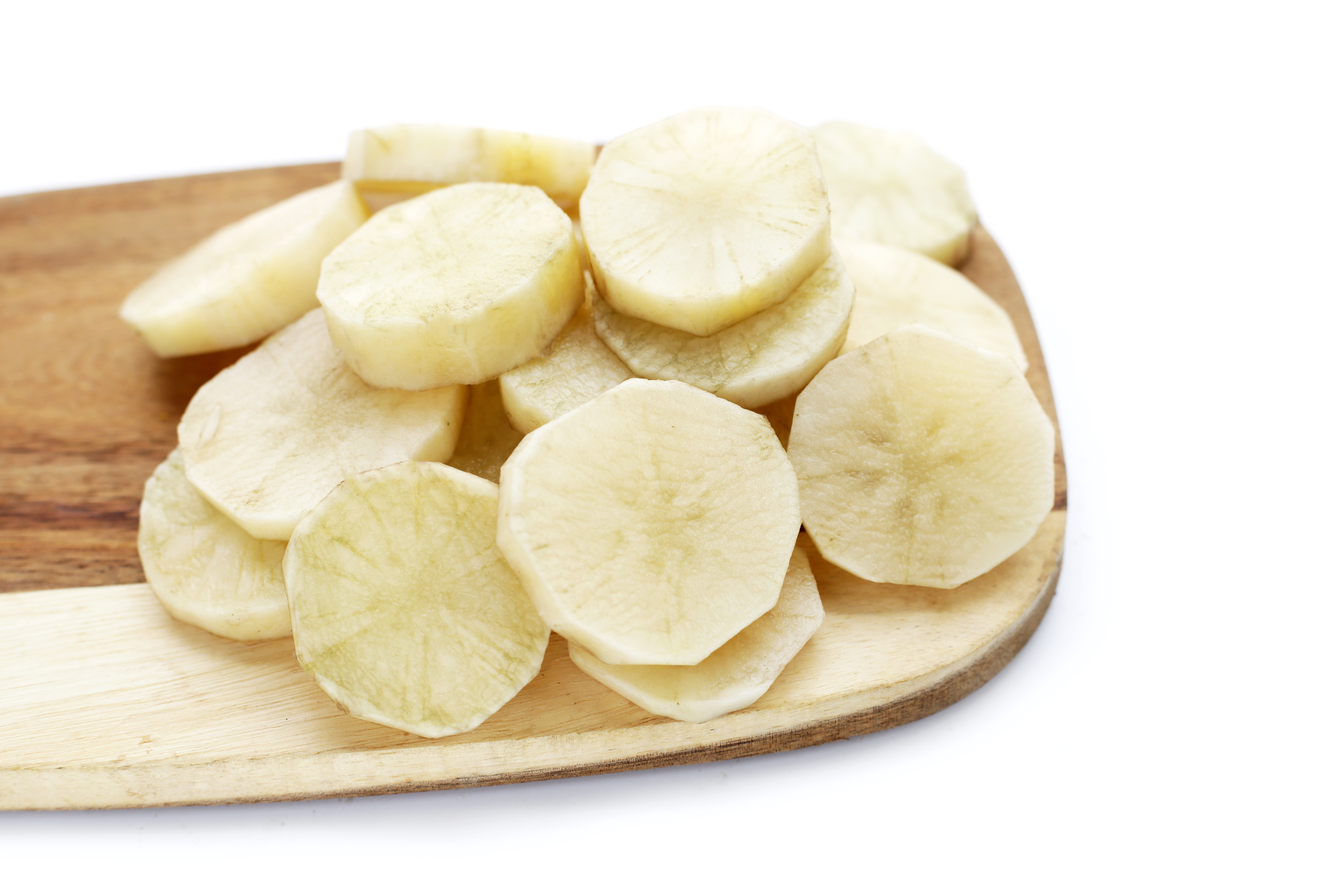
Yacon root is a naturally sweet tuber from South America that offers a rare combo: blood sugar regulation and cholesterol control. It’s rich in fructooligosaccharides (FOS), a type of prebiotic fiber that feeds healthy gut bacteria while reducing cholesterol absorption. Yacon has also been linked to reduced triglyceride levels and better insulin sensitivity—key allies in managing metabolic syndrome. With a crisp texture and apple-like flavor, yacon can be eaten raw, juiced, or used as a low-calorie syrup. It’s the rare sweet food that actually helps—not harms—your heart, making it a clever addition to any wellness-focused diet.
29. Sorghum: The Gluten-Free Grain with Sterol Strength
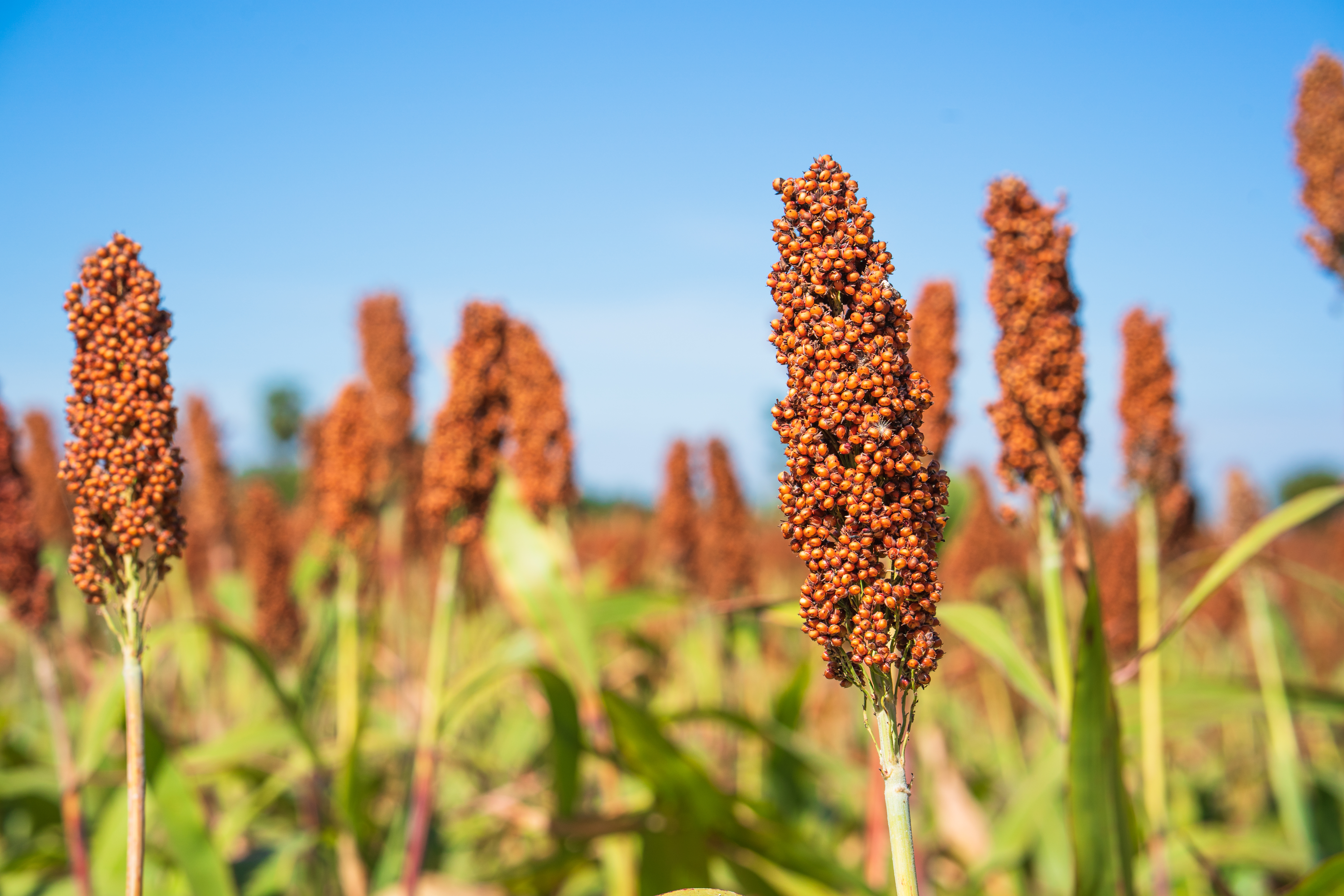
Often overshadowed by quinoa or brown rice, sorghum is a cholesterol-fighting grain worth a second look. It’s packed with plant sterols, which help block the absorption of LDL cholesterol in the gut. Its rich polyphenol content acts as an antioxidant shield for blood vessels, while its fiber slows digestion, improving blood sugar and lipid levels simultaneously. Sorghum can be popped like popcorn, cooked like couscous, or ground into flour for heart-smart baking. Naturally gluten-free and versatile, it’s a quiet warrior in the fight against high cholesterol—ideal for anyone seeking functional nutrition without sacrificing flavor or texture.
30. Indian Gooseberry (Amla): The Ayurvedic Cholesterol Buster
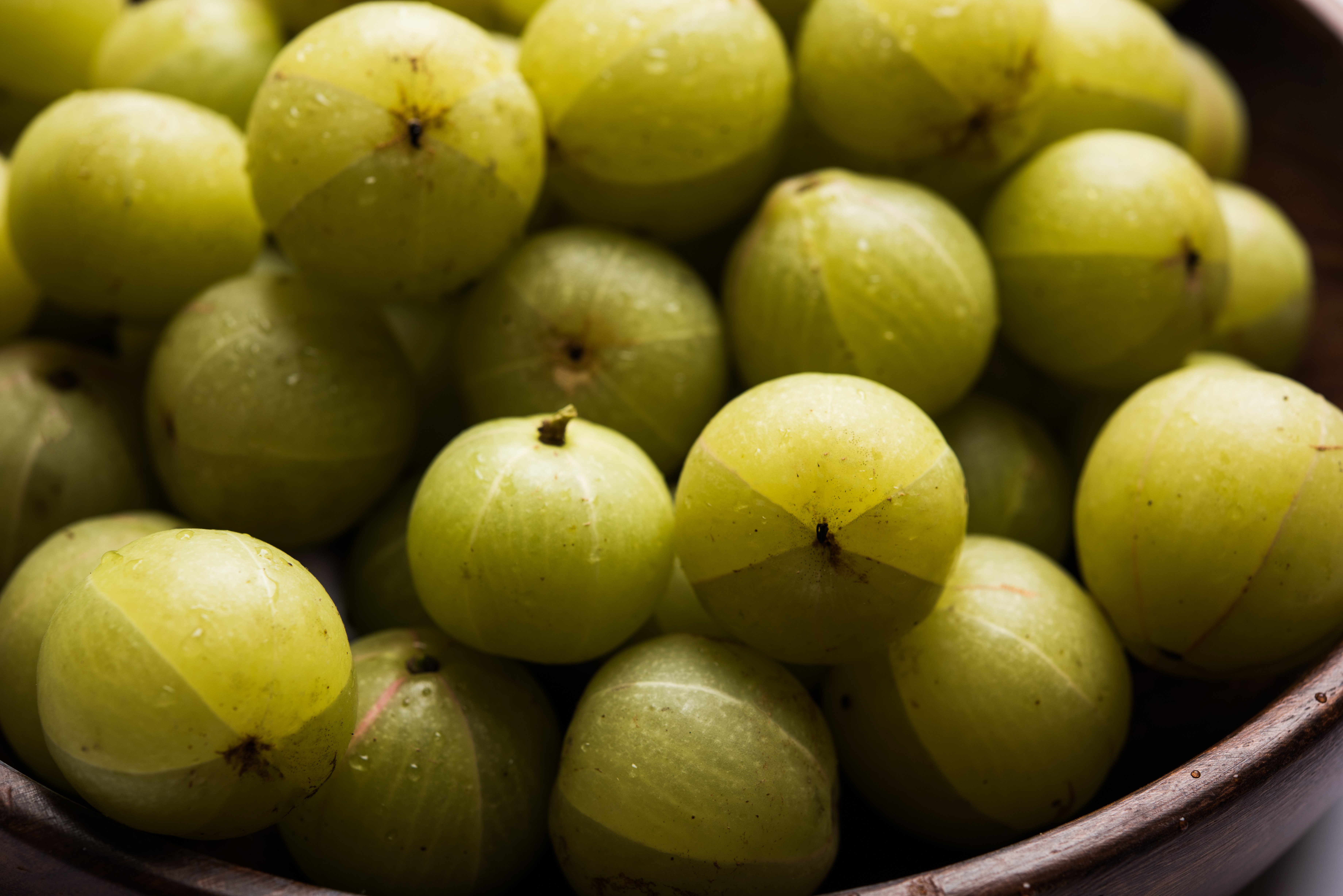
Amla has been a staple in Ayurvedic medicine for centuries—and modern science is catching up. Rich in vitamin C and potent polyphenols, this small green fruit has been shown to significantly reduce total and LDL cholesterol while increasing HDL. Amla also improves endothelial function and reduces oxidative stress, making it a triple threat for heart health. Consume it as juice, powder, or candied slices (unsweetened, ideally). Its sour punch takes getting used to, but the vascular payoff is worth it. If you’re looking for a natural, time-tested cholesterol regulator, amla delivers with precision.
31. Mustard Greens: Peppery Leaves That Pack a Punch

Mustard greens aren’t just a side dish—they’re a cholesterol-lowering powerhouse. Loaded with glucosinolates and fiber, these peppery leaves support liver detoxification and help sweep LDL cholesterol from the bloodstream. They’re also high in folate and vitamin K, both crucial for vascular health. Sauteed, stir-fried, or blended into soups, mustard greens provide bold flavor and bold benefits. Their bitterness isn’t a drawback—it’s an indicator of their dense phytochemical profile. In the battle for better cholesterol, mustard greens are an underrated soldier—especially when you want your meals to work as hard as your medicine cabinet.
32. Barley Grass: Young Blades, Big Benefits

Barley grass—harvested before the grain matures—is a chlorophyll-rich supergreen loaded with soluble fiber, antioxidants, and trace minerals. It’s particularly high in beta-glucans, which bind cholesterol in the digestive tract and promote excretion. Barley grass also supports liver function and helps reduce triglyceride levels. Available as a powder or juice, it blends easily into smoothies or water. While it may not be a culinary staple, it’s a daily ritual in many wellness routines for a reason. If you’re looking to upgrade your cholesterol game with greens, this young grass delivers big-leaf energy in a small scoop.
33. Cocoa (Raw Cacao): Bittersweet Bliss for Arteries
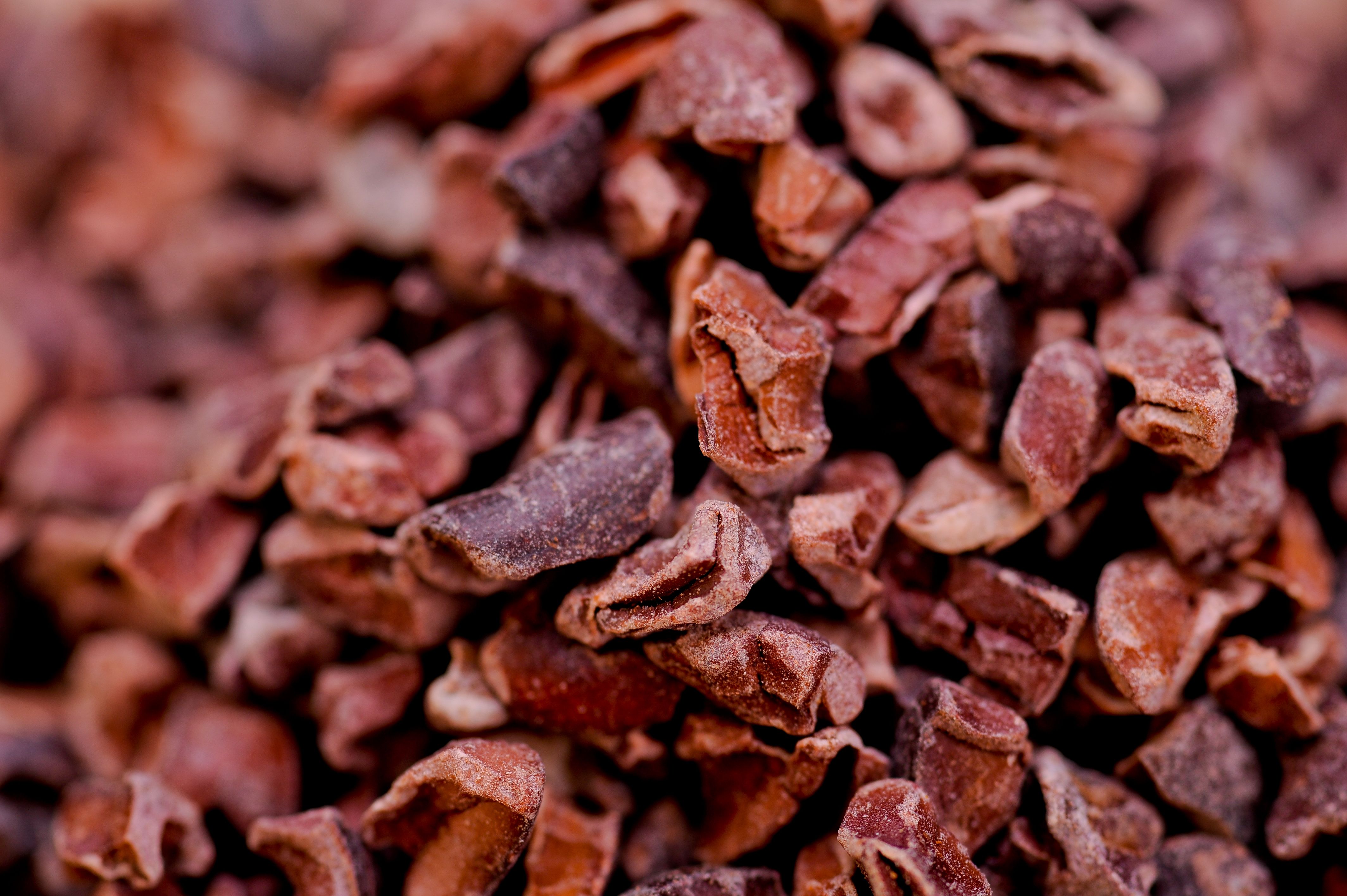
Raw cacao—the unprocessed form of cocoa—isn’t just an indulgence; it’s a cardiovascular ally. Rich in flavanols, cacao improves endothelial function, reduces LDL oxidation, and may modestly increase HDL levels. It also lowers inflammation and supports nitric oxide production for better circulation. Skip sugary chocolate bars—opt for raw cacao powder in smoothies, oatmeal, or even savory mole sauces. Its bitter edge is the price of purity, and your arteries will thank you. Used wisely, cacao is both pleasure and prevention—proof that heart-healthy habits can taste decadent too.
34. Lotus Root: Crunchy Circulation Support
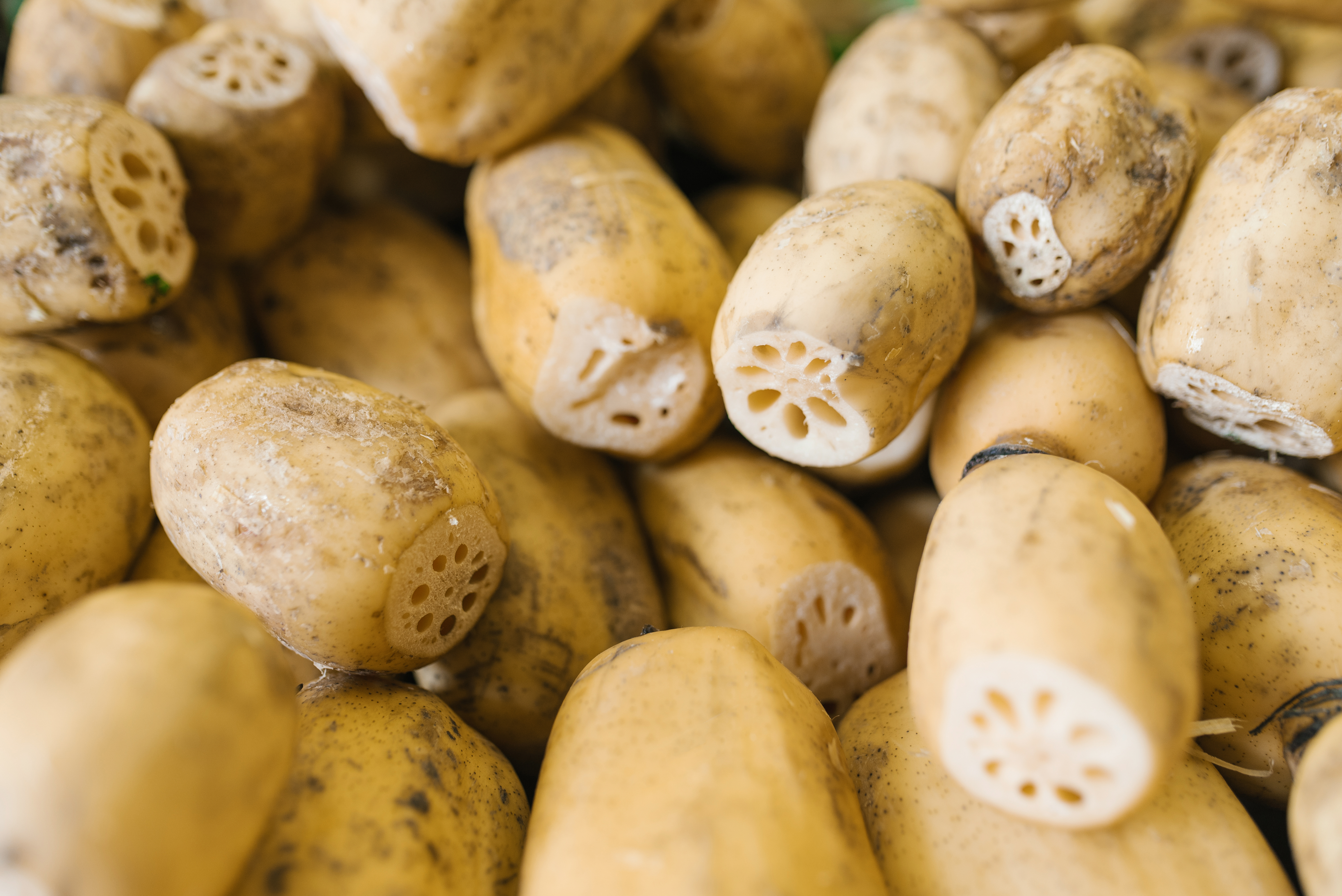
Lotus root, a staple in Asian cuisine, is rich in soluble fiber, potassium, and polyphenols that support cardiovascular health. Its unique fiber content binds to bile acids in the gut, reducing cholesterol absorption and promoting excretion. The potassium helps regulate blood pressure, while its antioxidant properties protect arterial walls from oxidative damage. Mildly sweet and satisfyingly crunchy, lotus root can be stir-fried, braised, or steamed for a nourishing side dish. Its beautiful appearance is a bonus—but its real charm is in how effectively it supports both cholesterol control and circulatory function.
35. Hemp Seeds: The Plant Protein Powerhouse
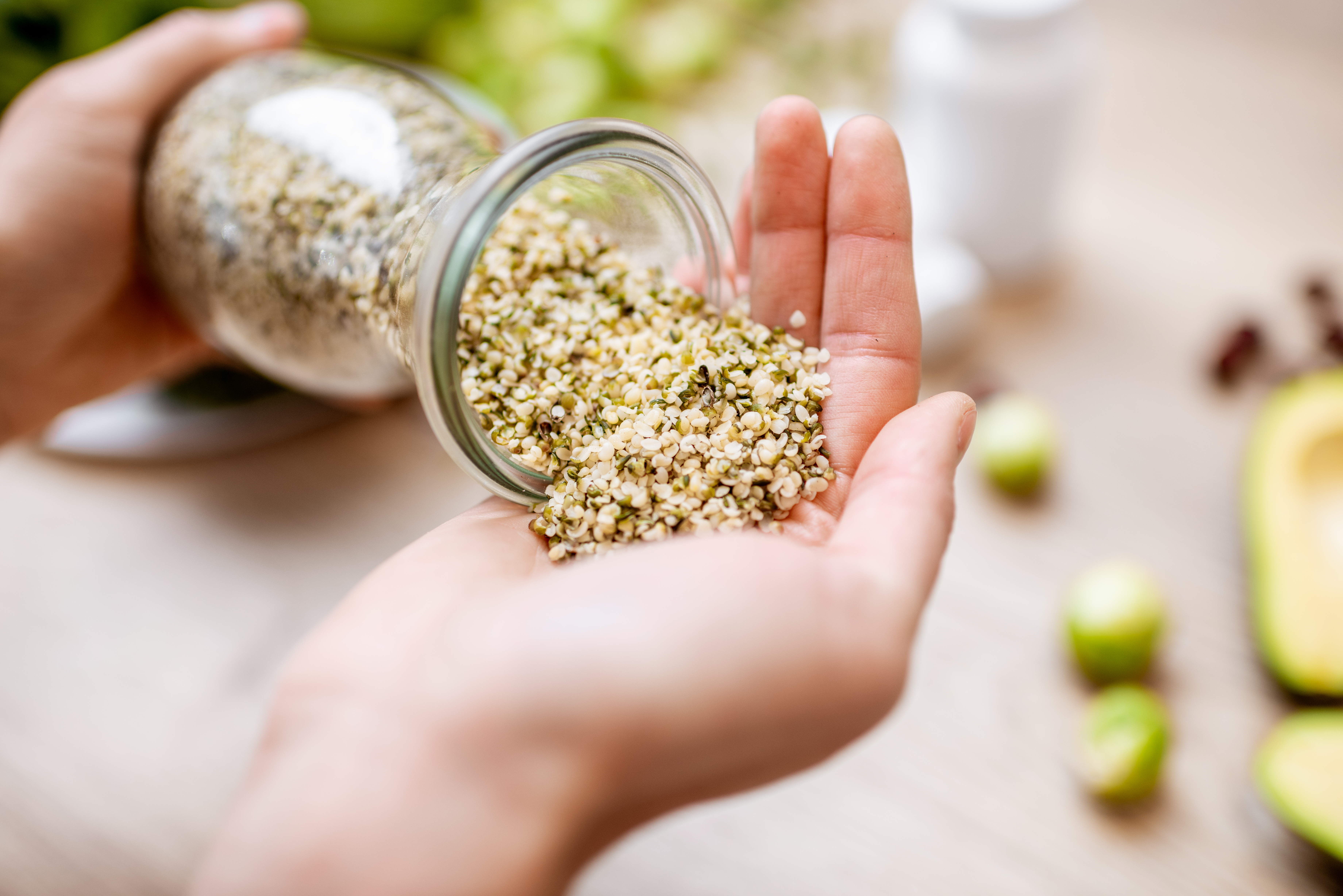
Hemp seeds offer the perfect balance of omega-3 and omega-6 fatty acids, crucial for reducing inflammation and improving cholesterol profiles. They're also high in plant-based protein and gamma-linolenic acid (GLA), which supports arterial health and hormone balance. Their nutty flavor makes them easy to sprinkle on salads, blend into smoothies, or mix into yogurt. Unlike flax, they don’t require grinding to unlock nutrients. Regular consumption has been linked to lower triglyceride levels and improved HDL-to-LDL ratios. These tiny seeds are a big win for anyone seeking heart-smart, anti-inflammatory nutrition in every bite.
36. Carob: The Sweet Swap with Heart Benefits
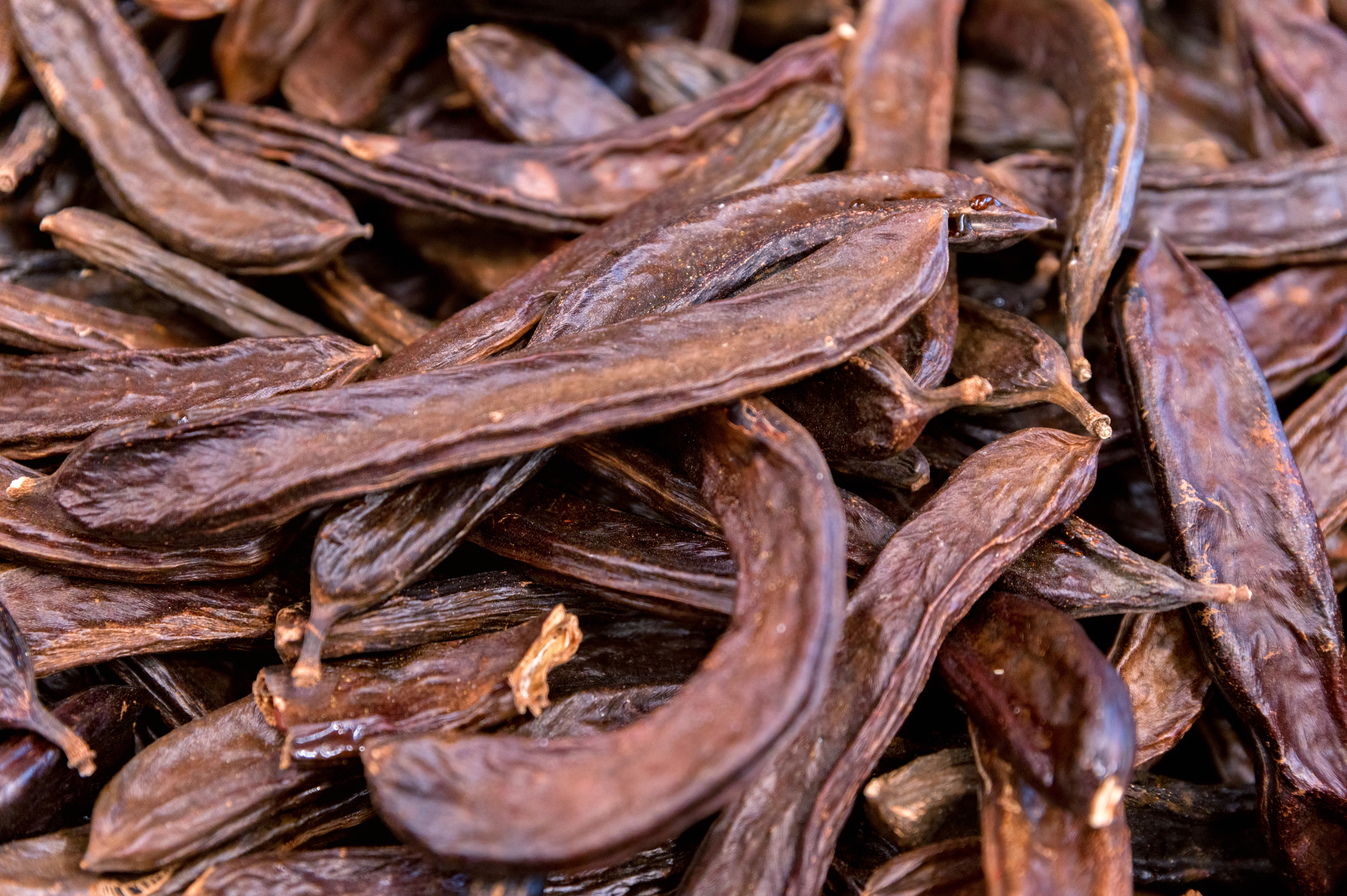
Carob, often used as a caffeine-free alternative to chocolate, is more than just a substitute—it’s a cholesterol-friendly superfood in its own right. Rich in insoluble fiber and polyphenols, carob helps reduce LDL cholesterol and supports healthy digestion. It contains no stimulants and is naturally low in fat and sodium. Carob powder can be added to baked goods or smoothies, offering a subtly sweet, earthy flavor. Its tannin content may help bind bile acids, further reducing cholesterol reabsorption. For those with a sweet tooth, carob offers a satisfying and heart-smart alternative to traditional desserts.
37. Okra: The Mucilaginous LDL Magnet
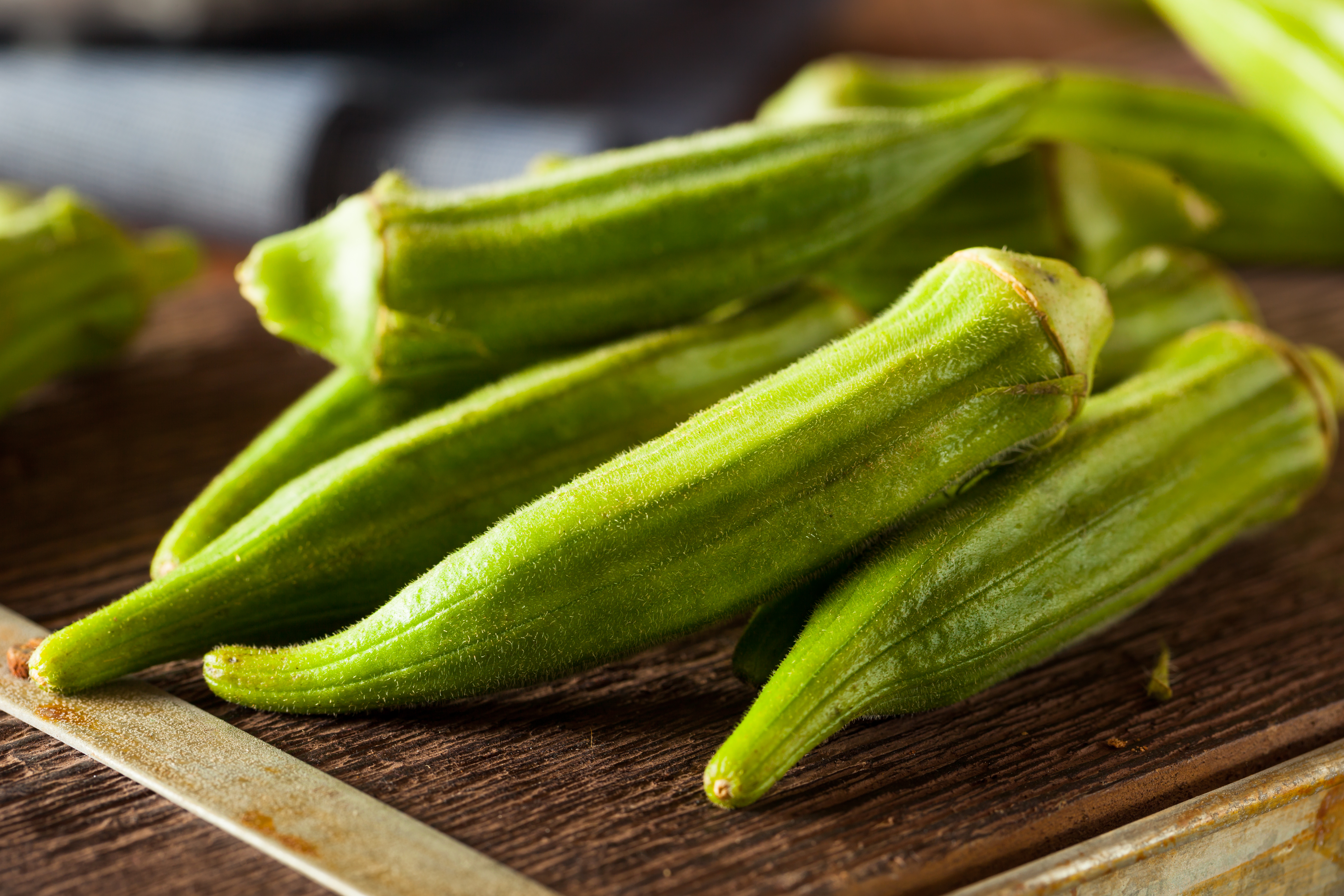
Slimy in the best possible way, okra contains mucilage—a gel-like soluble fiber that traps cholesterol in the gut and promotes its excretion. It’s also rich in magnesium and antioxidants that support overall cardiovascular health. This Southern favorite can be roasted, sautéed, or added to stews and soups. Research shows regular okra intake may lower total cholesterol and improve insulin sensitivity, making it ideal for those managing both heart health and blood sugar. Don’t underestimate its slippery texture—it’s doing serious work behind the scenes to protect your arteries.
38. Black Rice: The Forbidden Antioxidant Grain
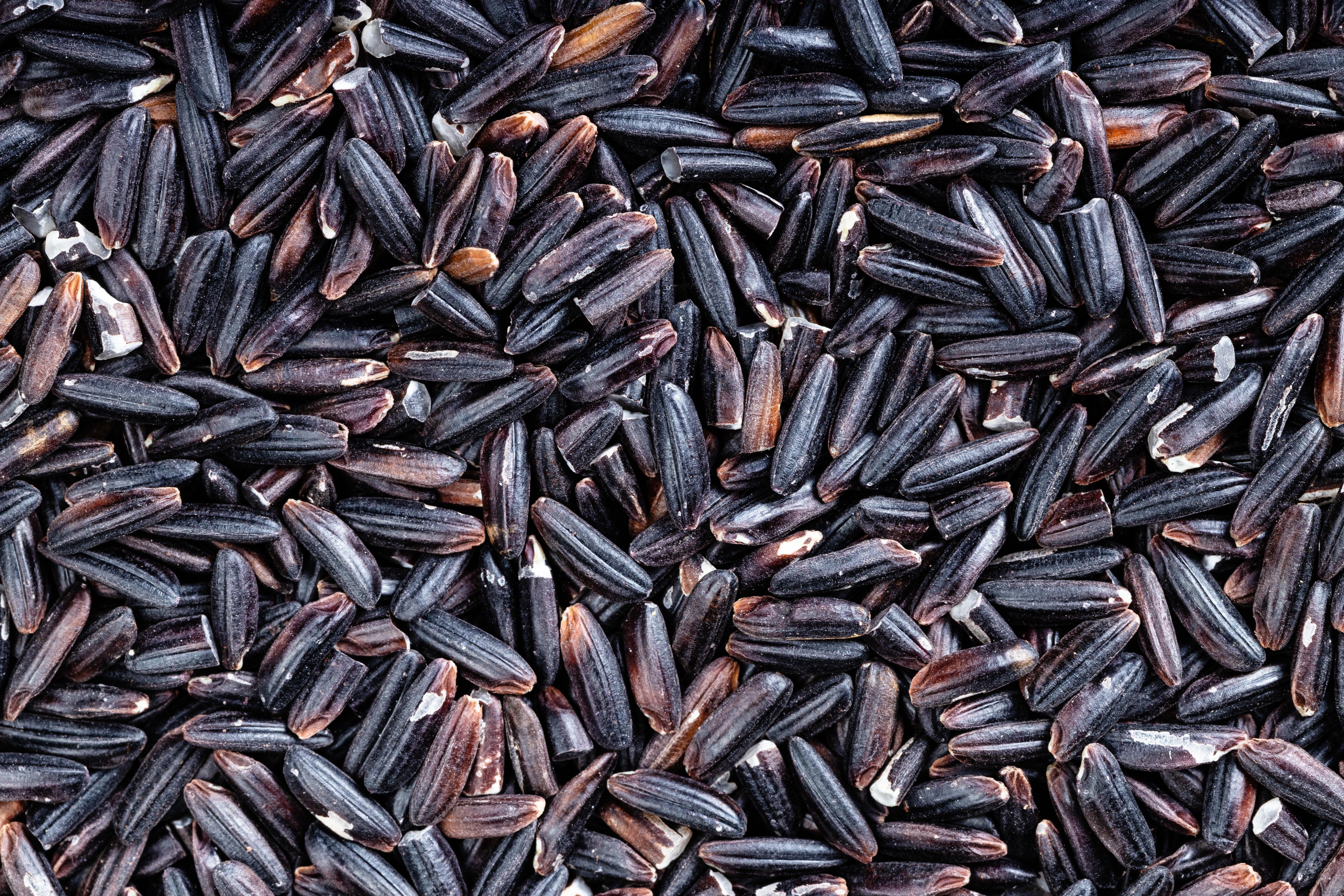
Once reserved for Chinese royalty, black rice earns its "forbidden" nickname—and its superfood status. It’s rich in anthocyanins, the same antioxidants found in blueberries, which help reduce LDL oxidation and protect arterial health. High in fiber and naturally gluten-free, black rice slows digestion and supports balanced blood sugar, both crucial for maintaining healthy cholesterol. With a deep, nutty flavor and dramatic color, it’s a visually stunning, nutrient-dense alternative to white rice or refined grains. Use it in grain bowls, stir-fries, or salads when you want your meals to make a bold, heart-smart statement.
Eat Smart, Live Strong: The New Rules of Cholesterol Care

Managing cholesterol doesn’t have to mean bland meals or rigid rules—it starts with smarter, more intentional choices. These 38 under-the-radar superfoods prove that heart health isn’t just about restriction—it’s about discovery. From ancient grains and wild greens to omega-rich seeds and antioxidant-packed roots, each of these foods brings something powerful and practical to the table. They don’t just lower LDL or boost HDL—they nourish your body at the cellular level, supporting circulation, reducing inflammation, and making heart-smart eating something you want to do. Whether you're just starting your cholesterol journey or fine-tuning a routine that already works, this list is your nutritional upgrade. So skip the guesswork. Embrace the delicious, the unexpected, and the deeply functional. Because your heart deserves more than a prescription—it deserves a plate full of purpose. And now, you’ve got 38 great ways to start.
Powered by Froala Editor